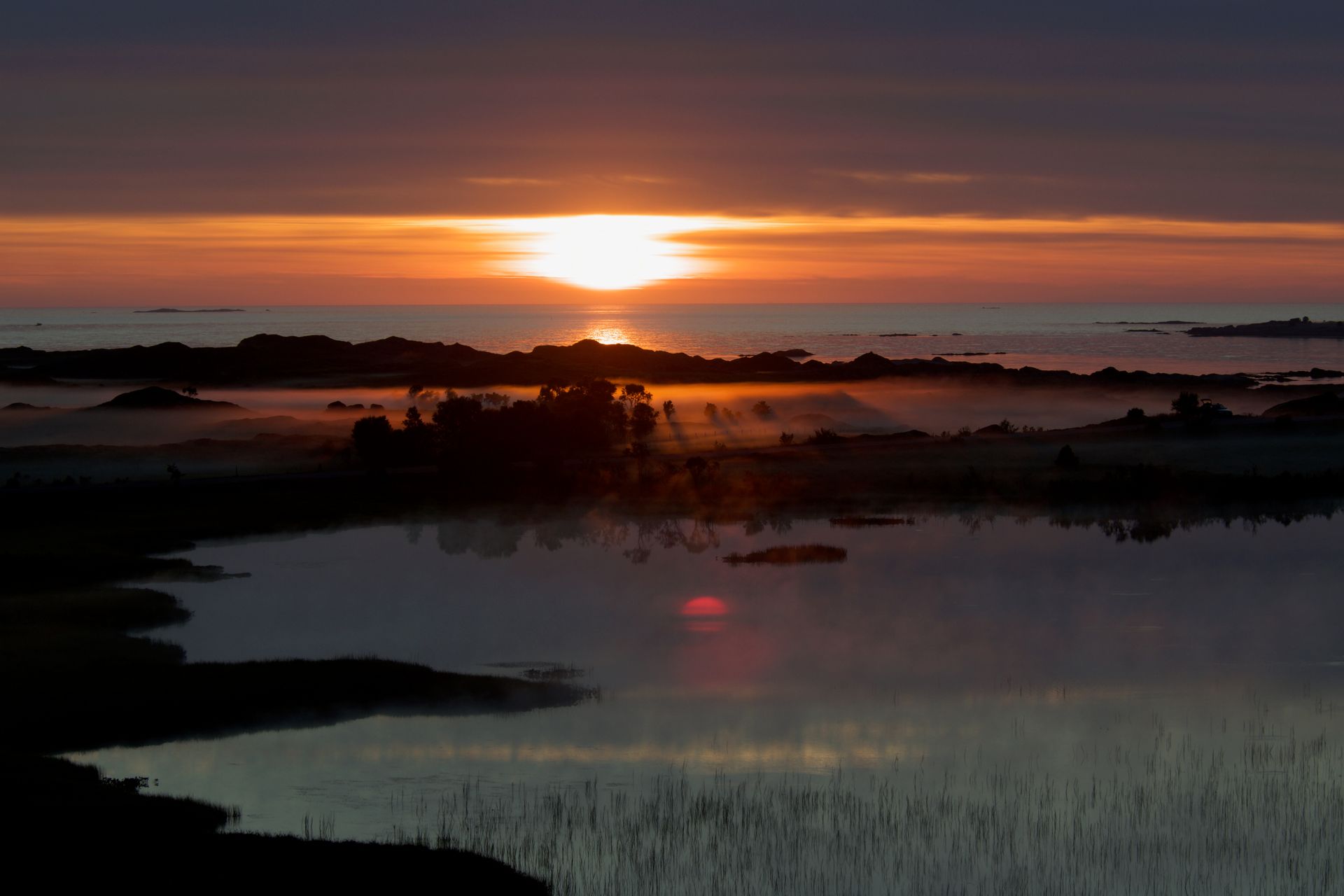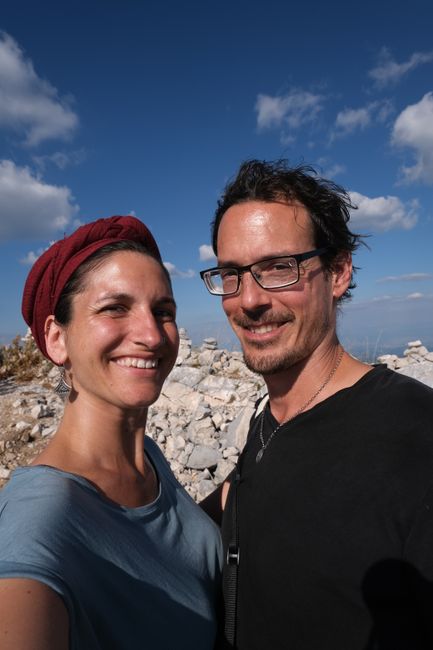Huaraz
የታተመ: 05.11.2021
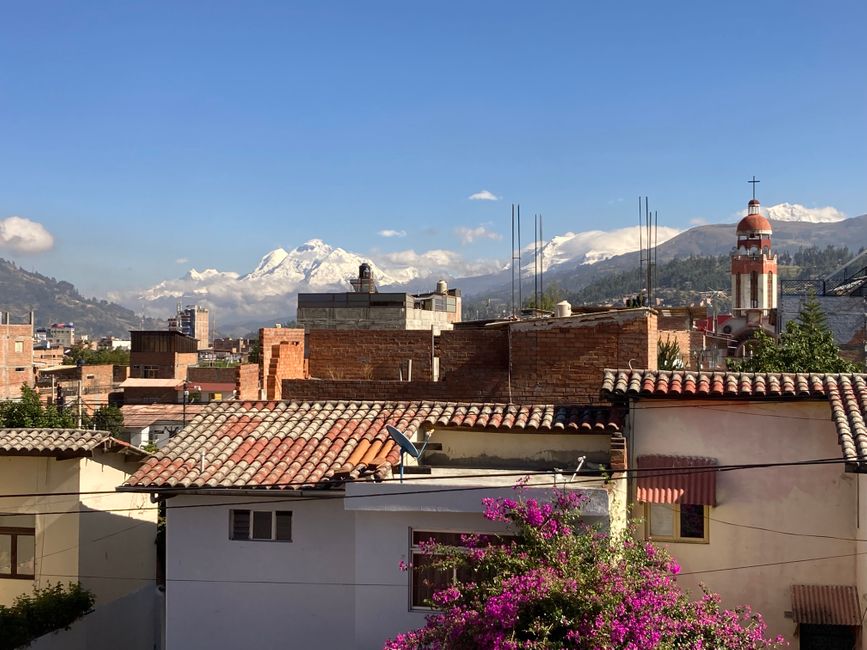
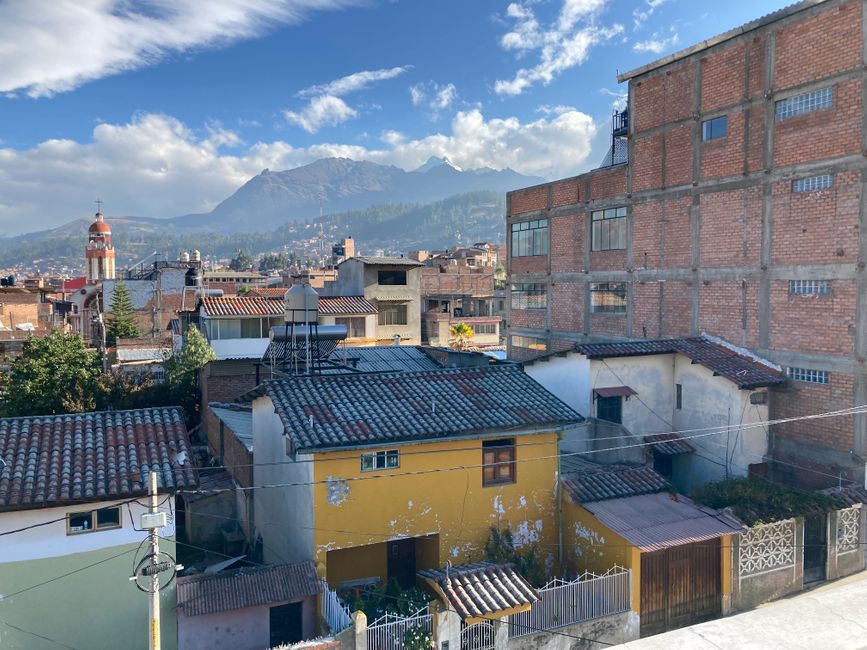
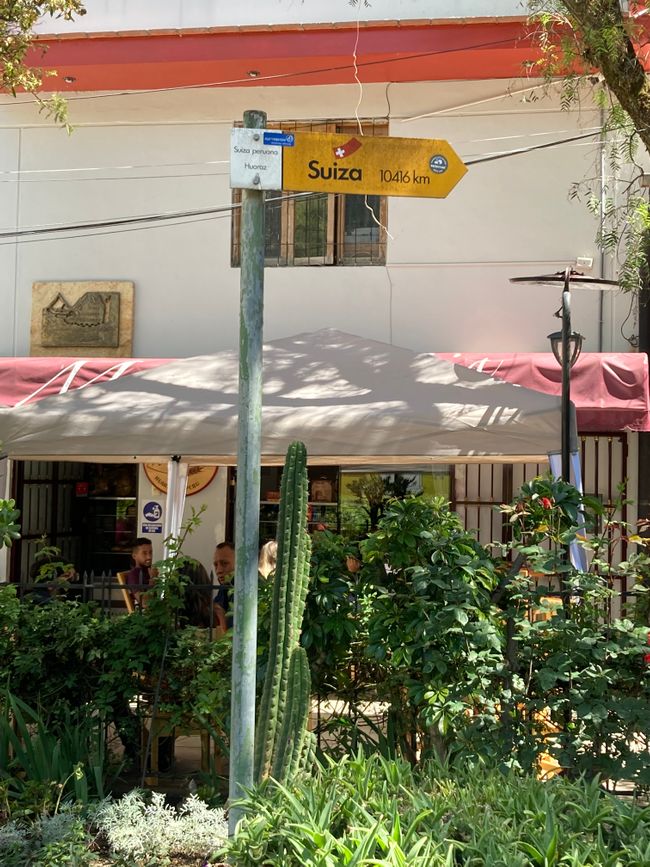
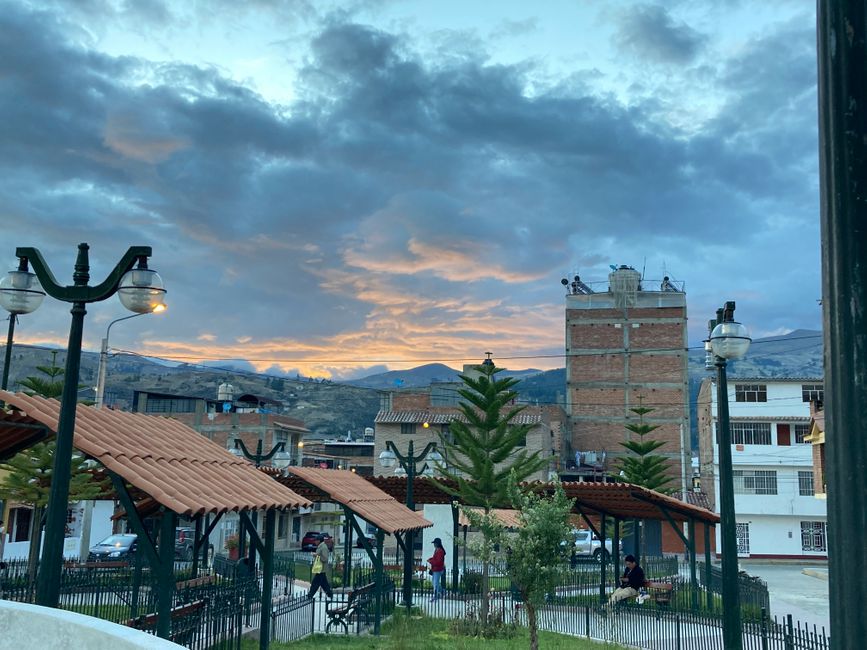
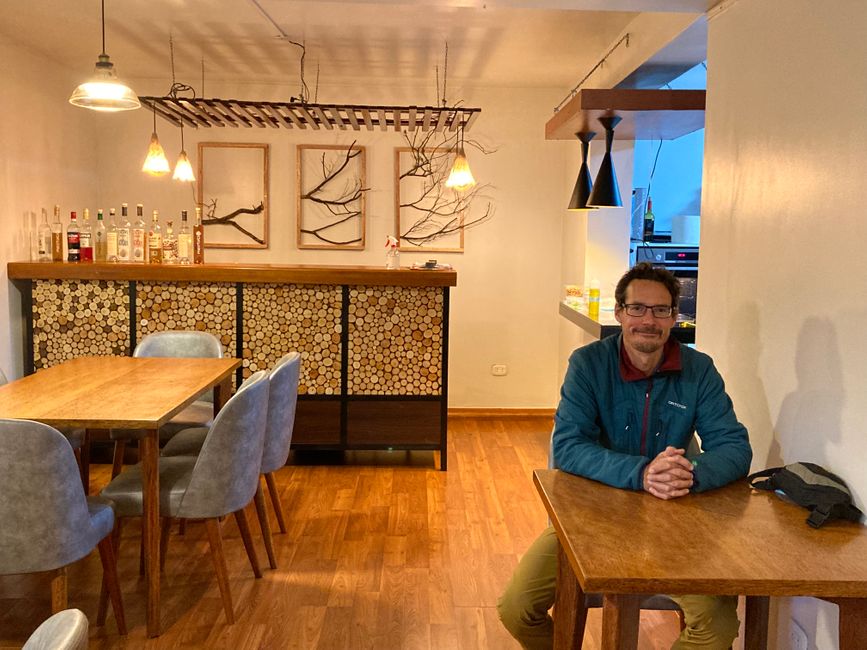
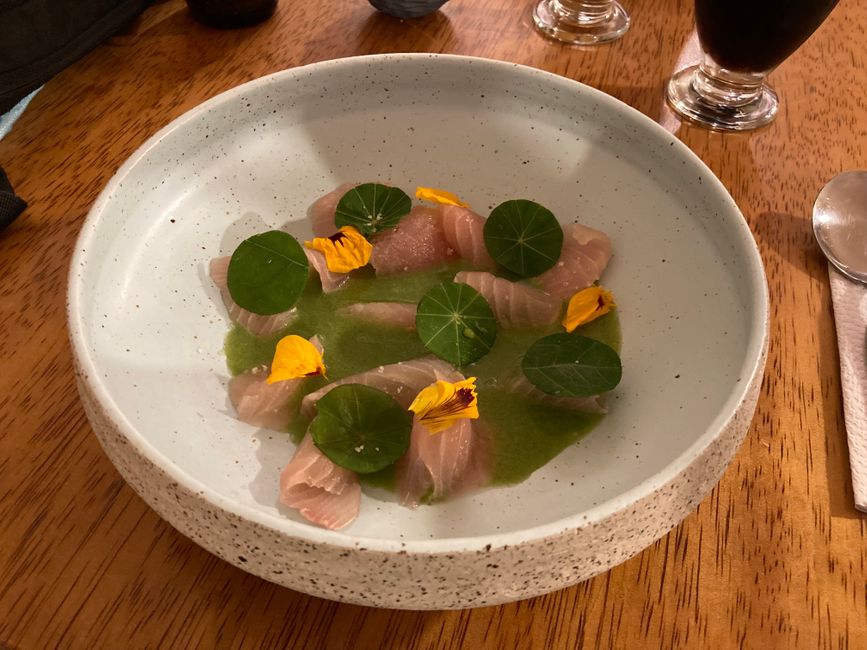
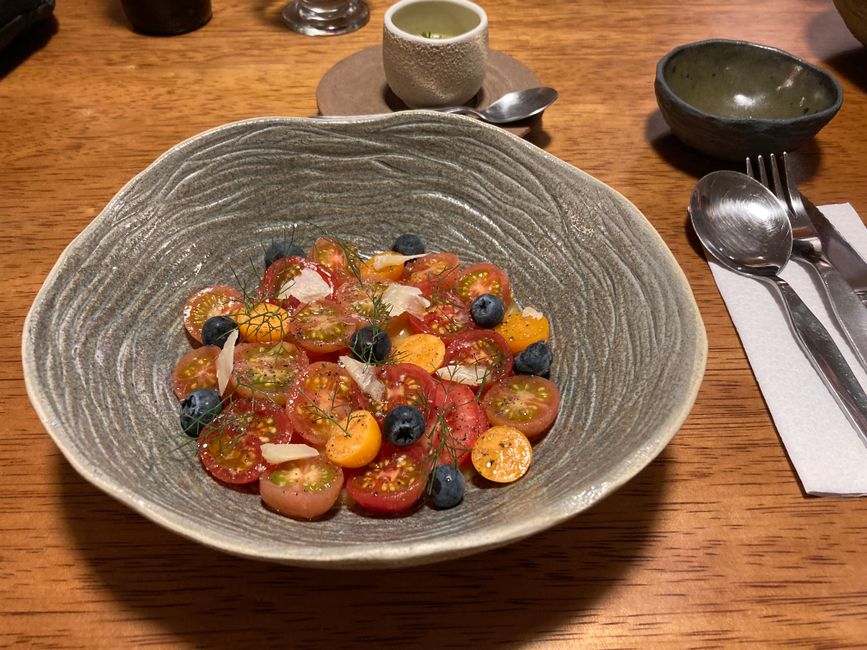
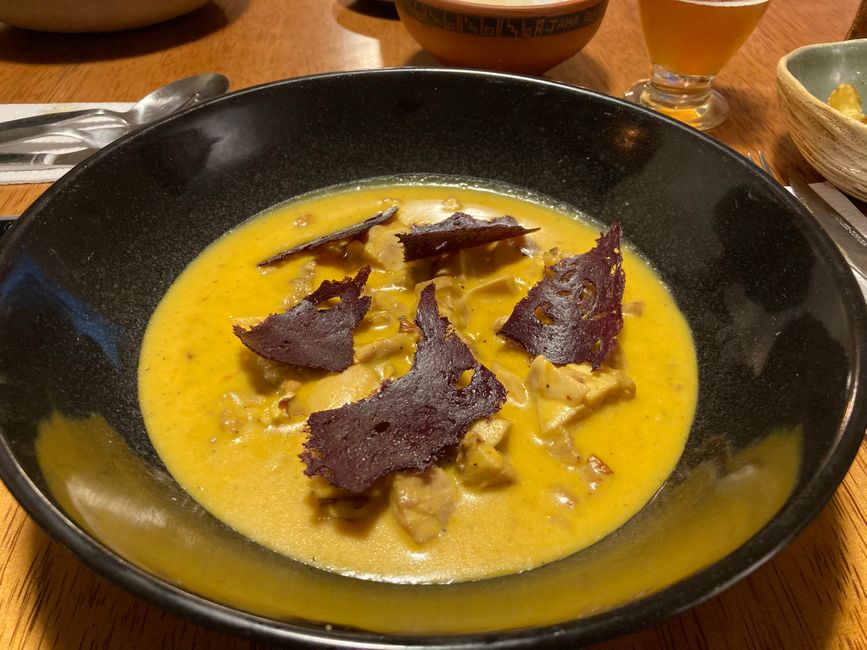
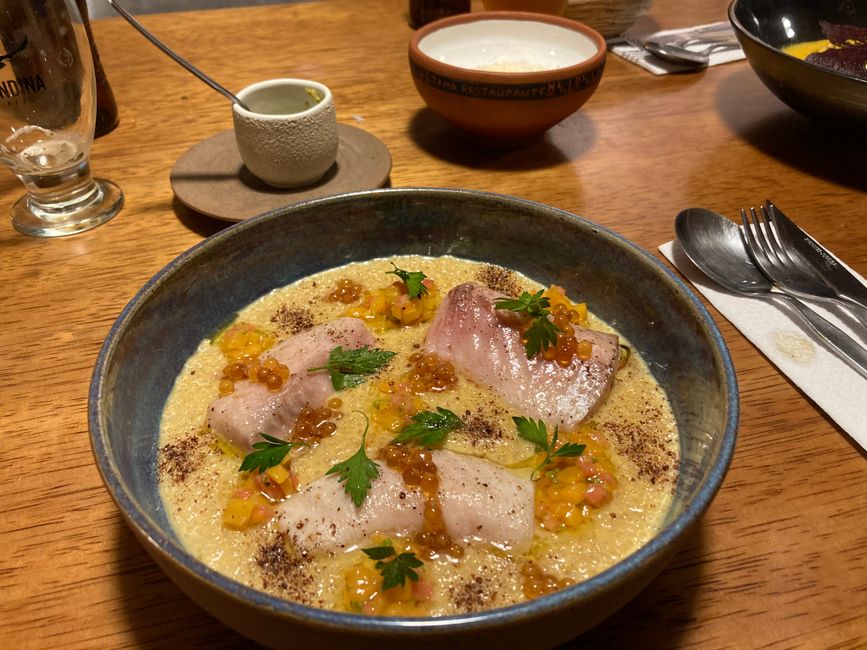
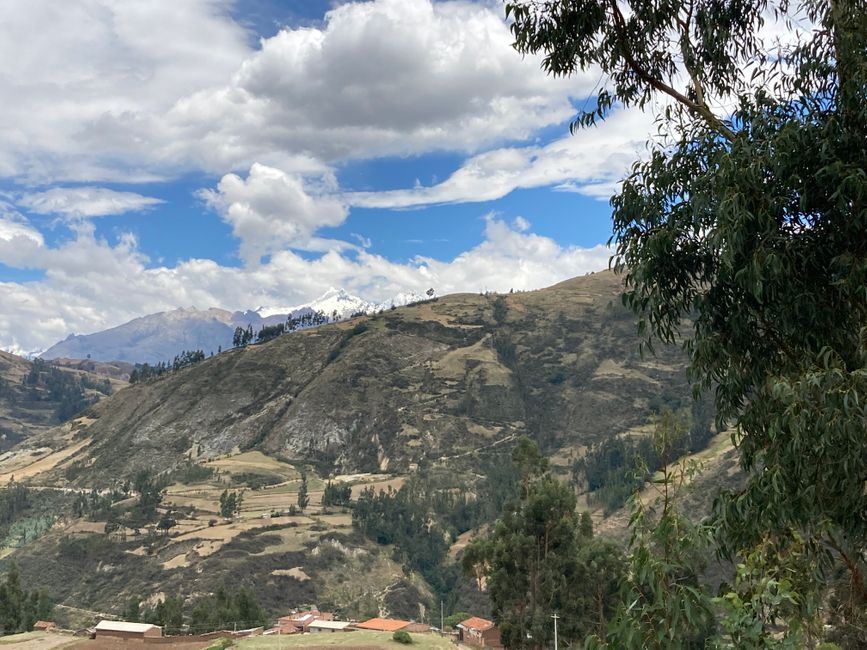
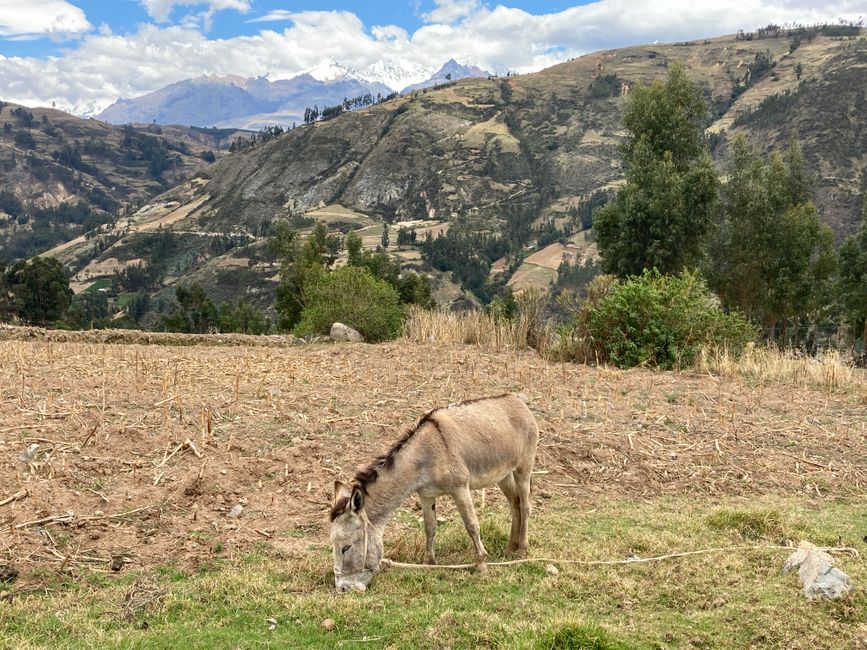
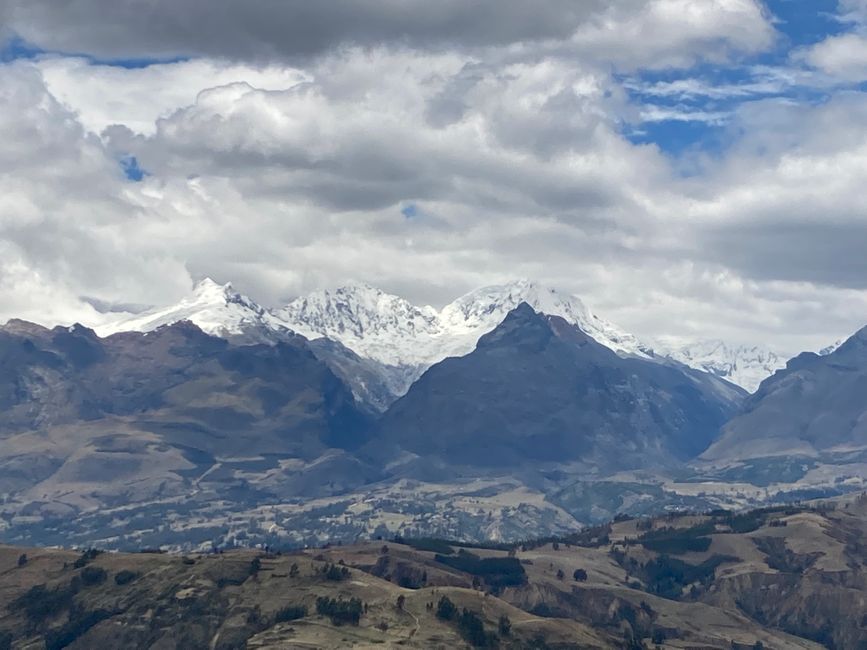
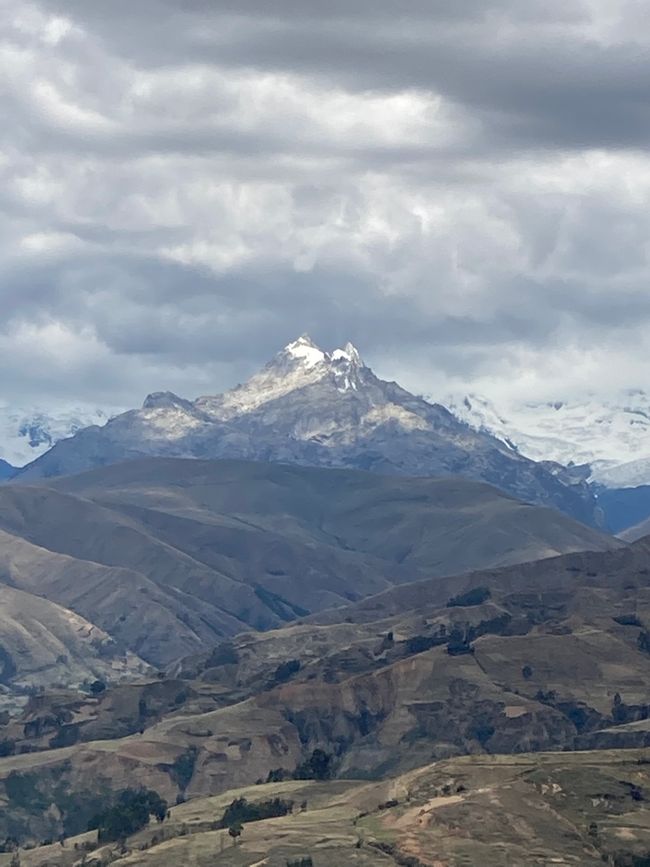

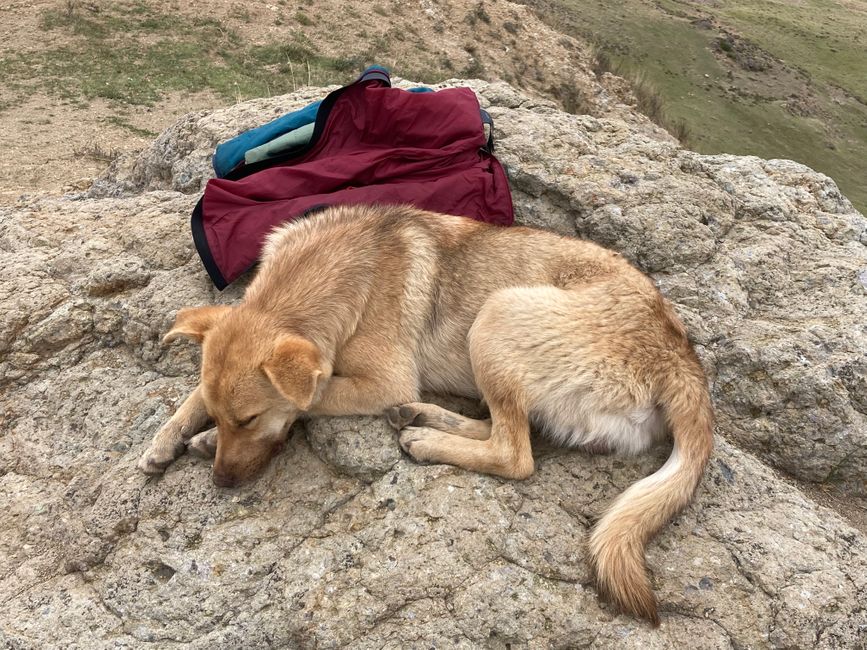
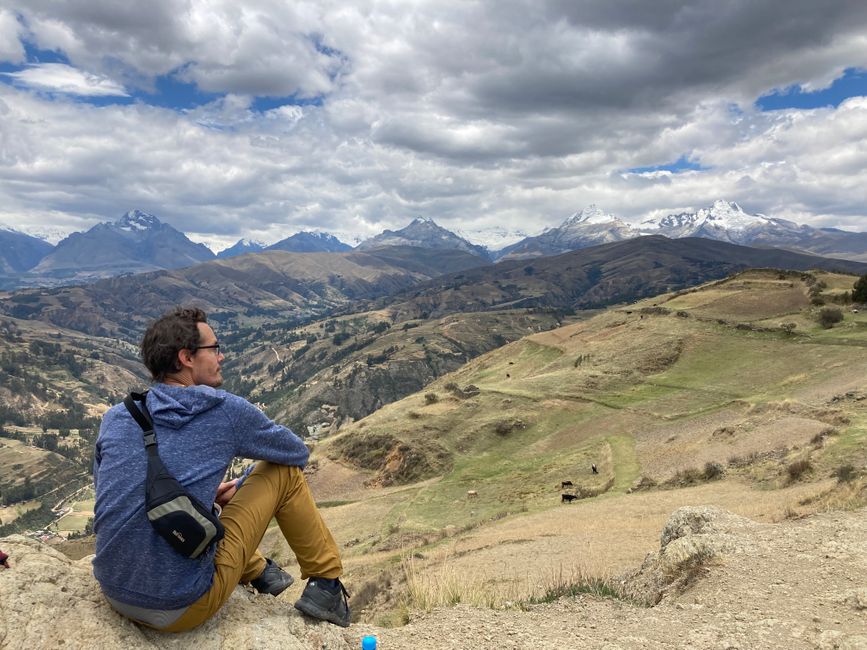
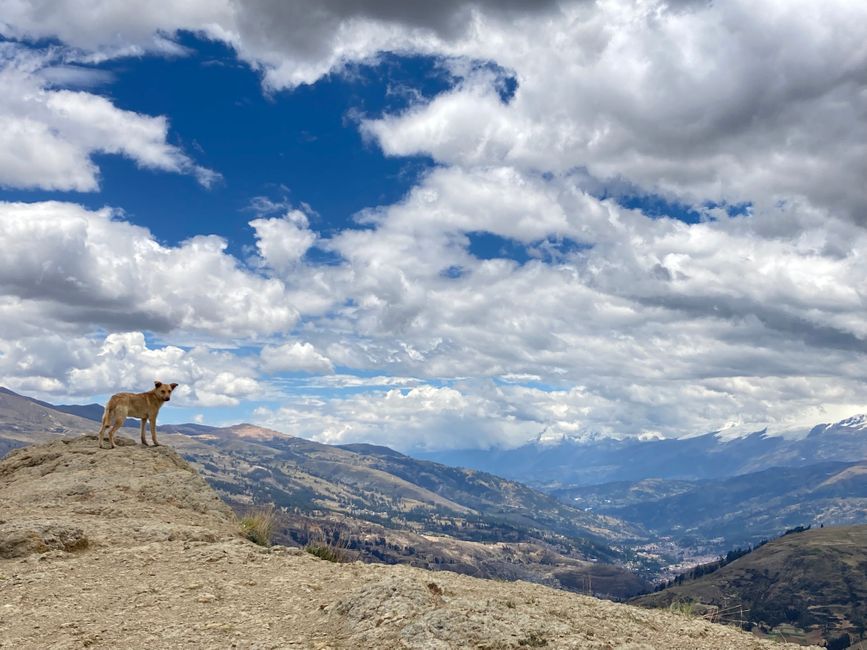
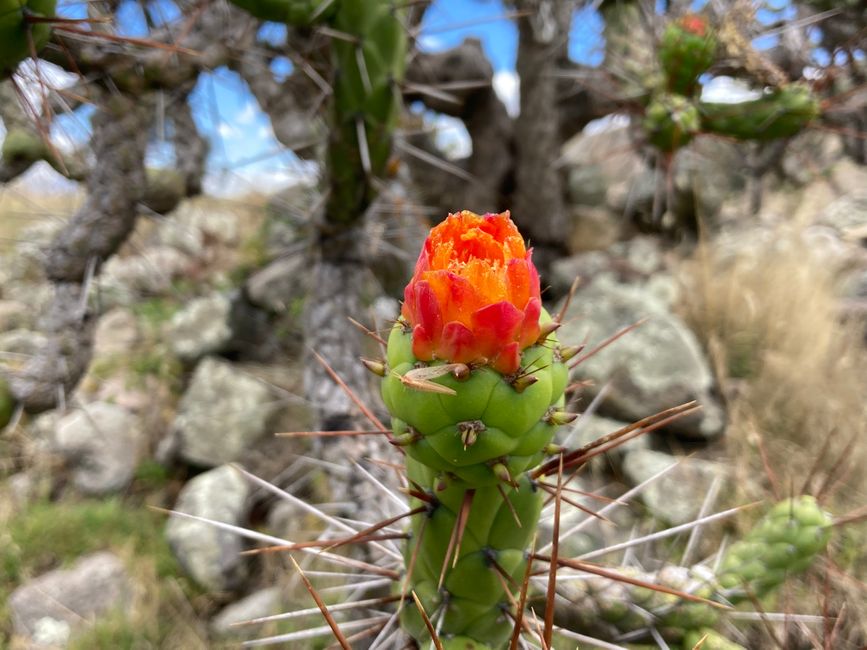
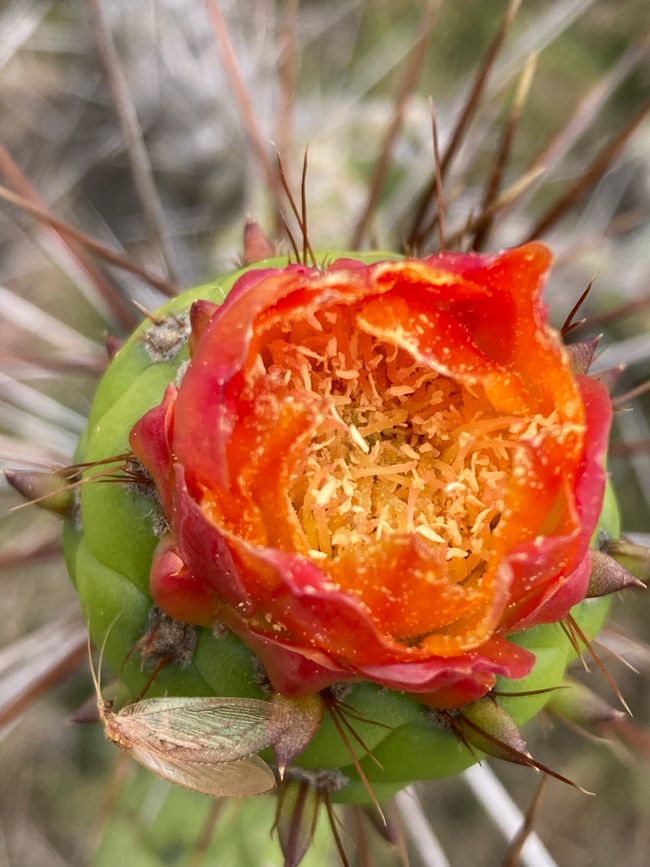
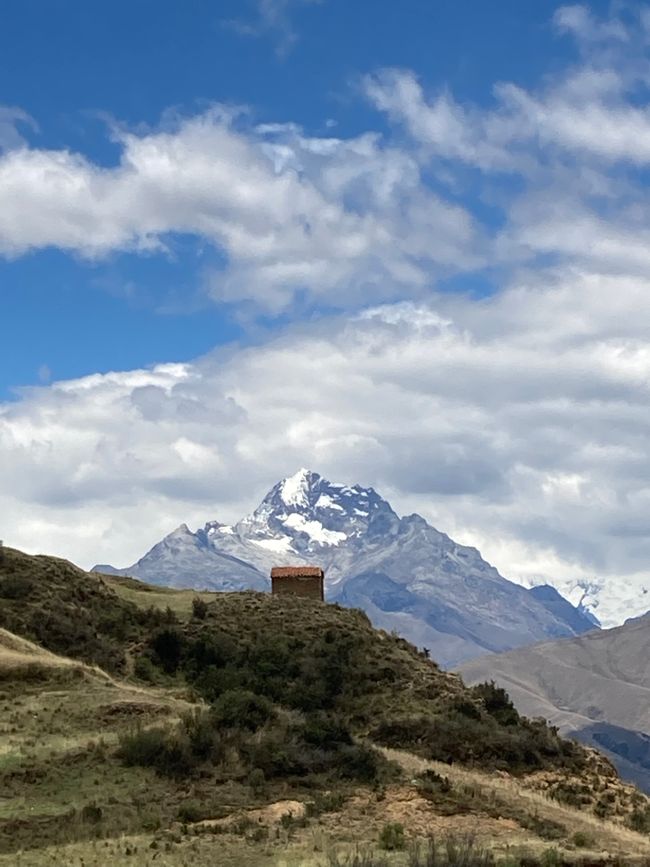
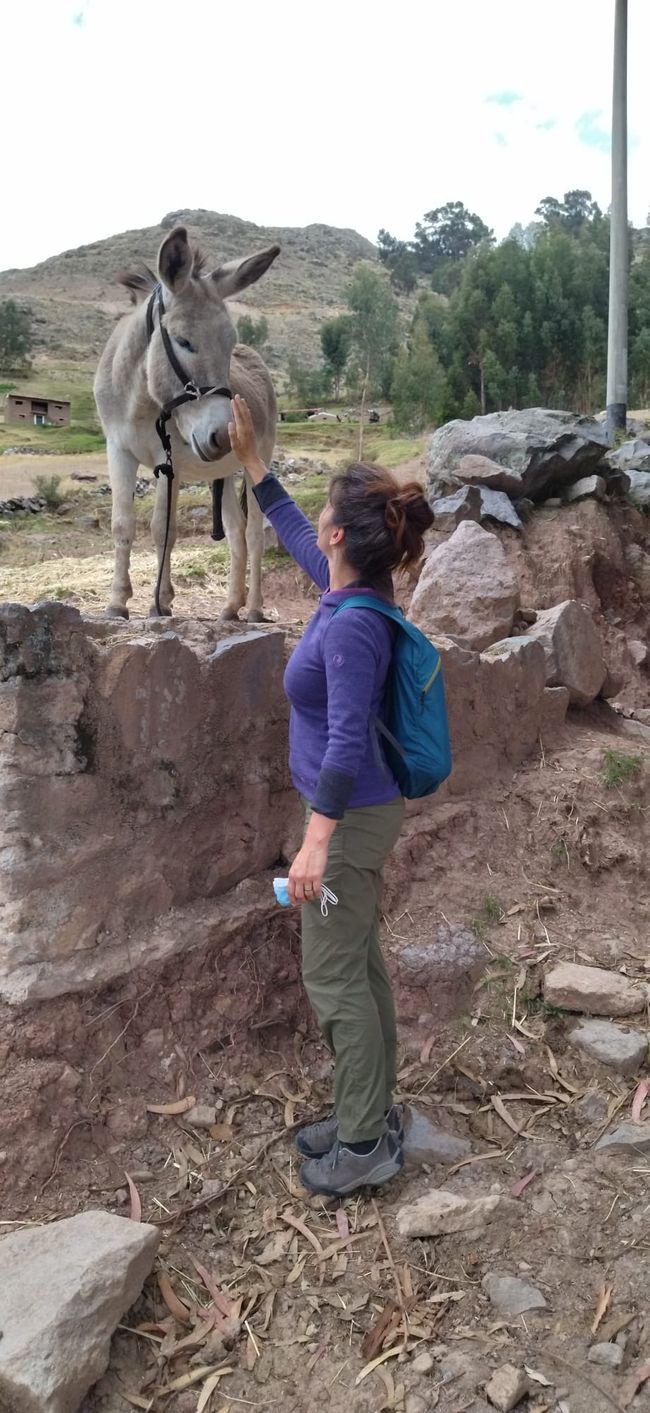
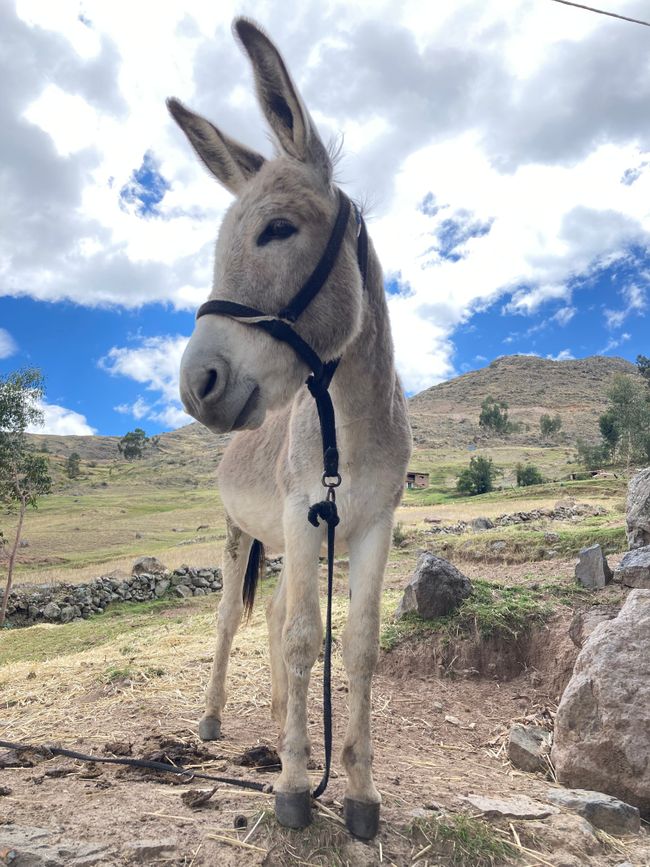
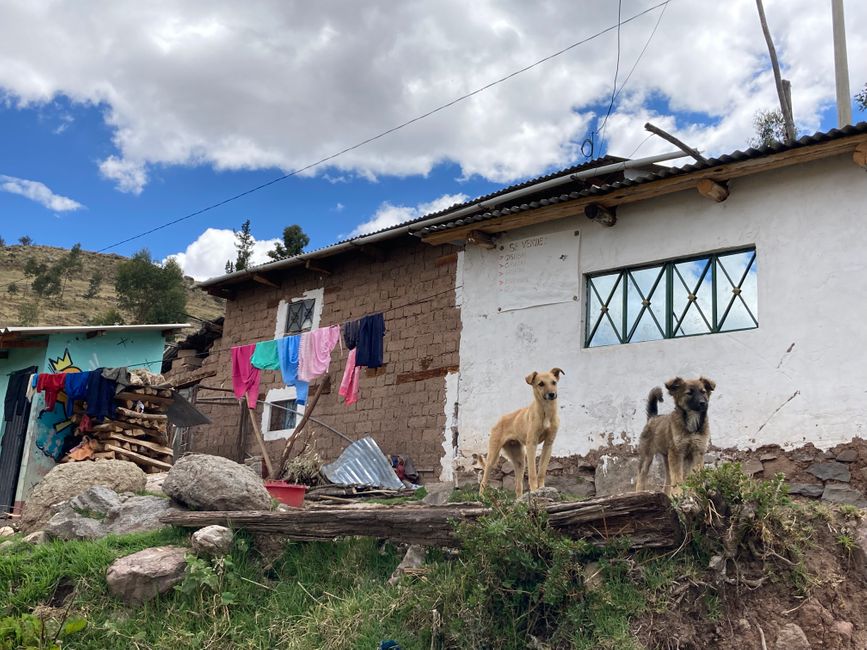
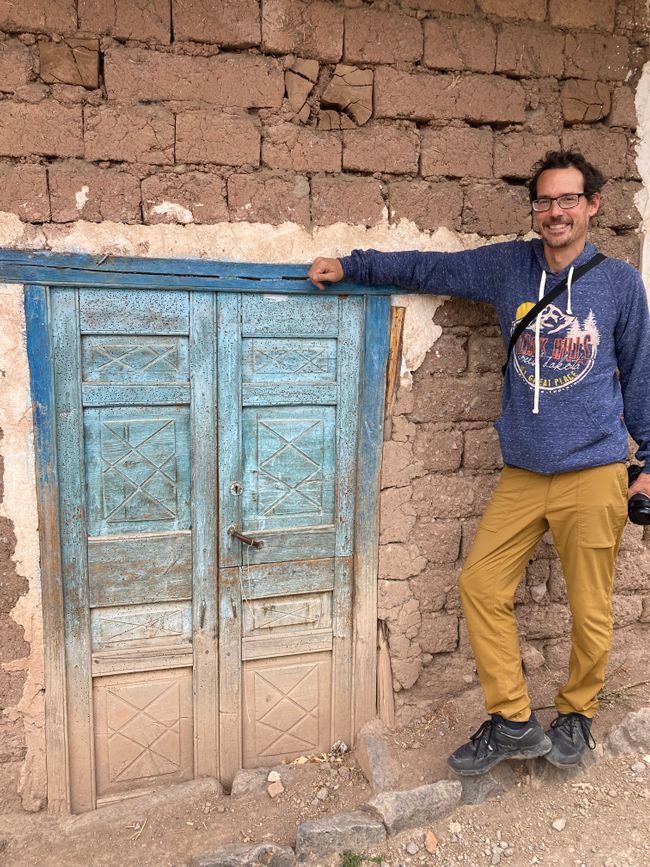
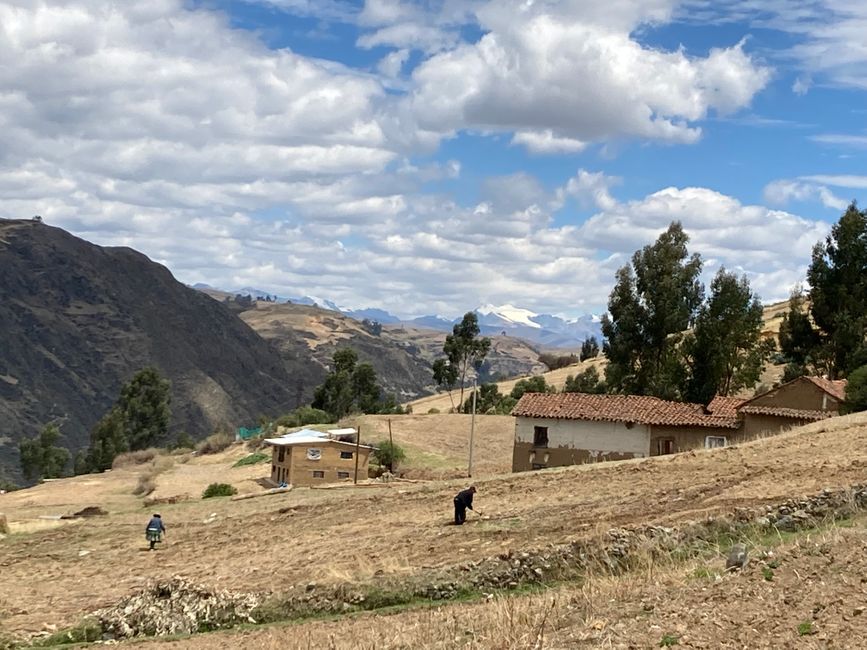
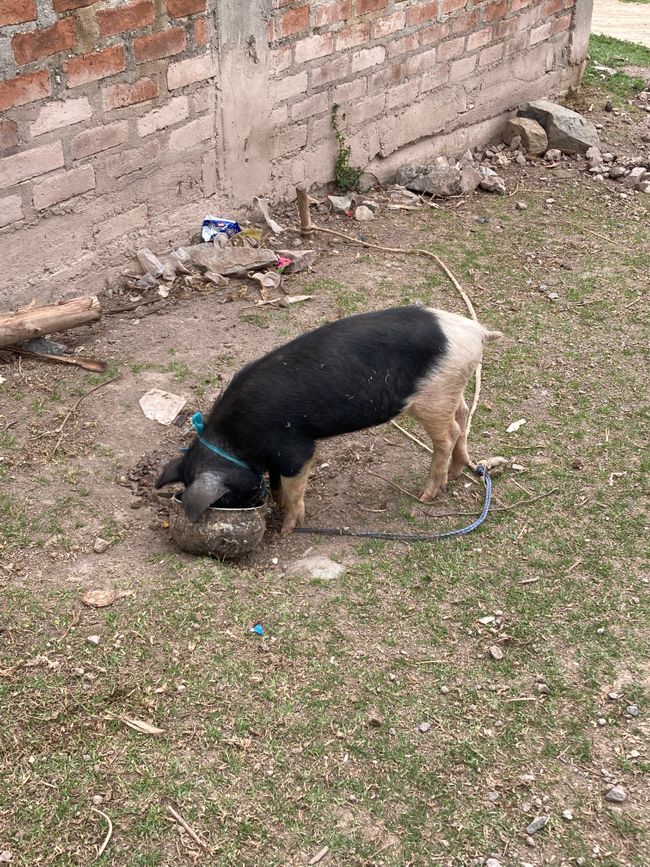
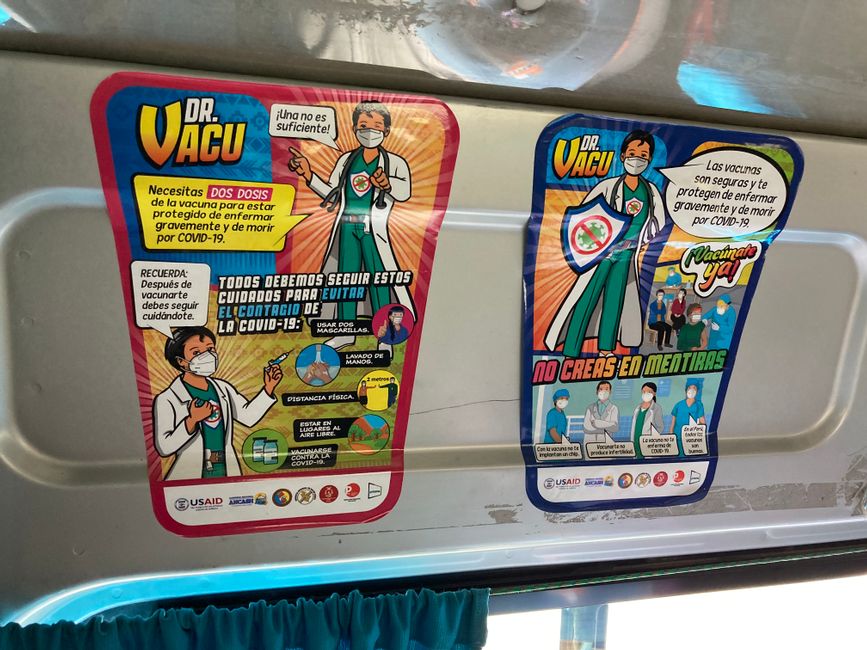
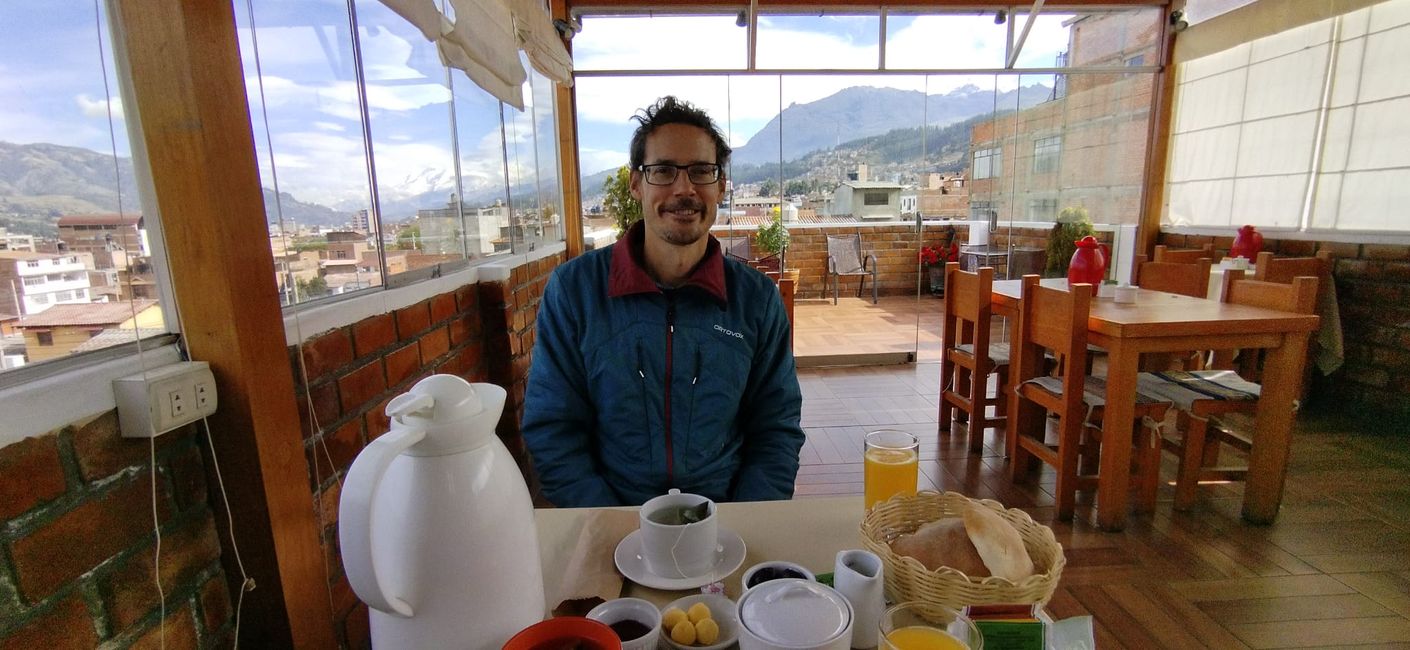
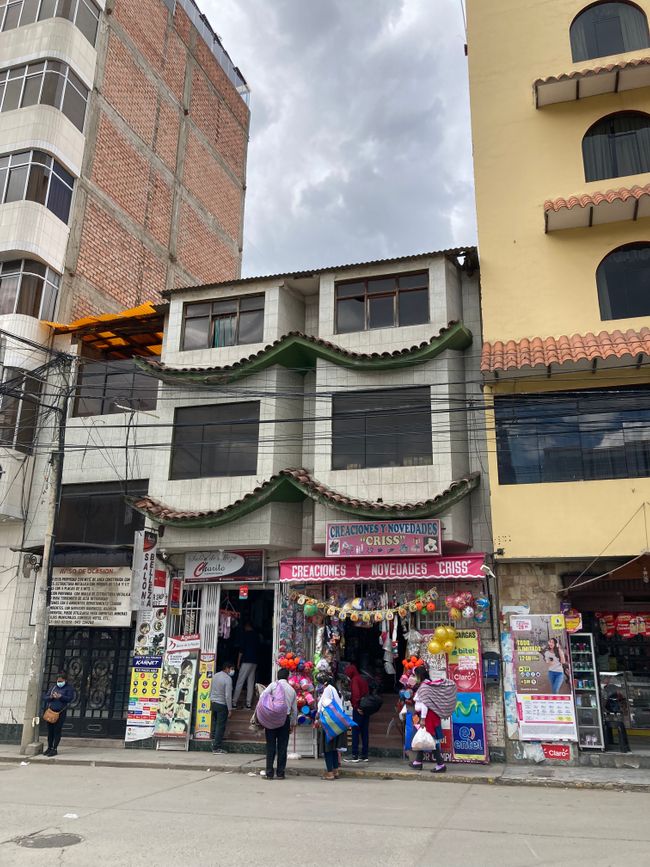
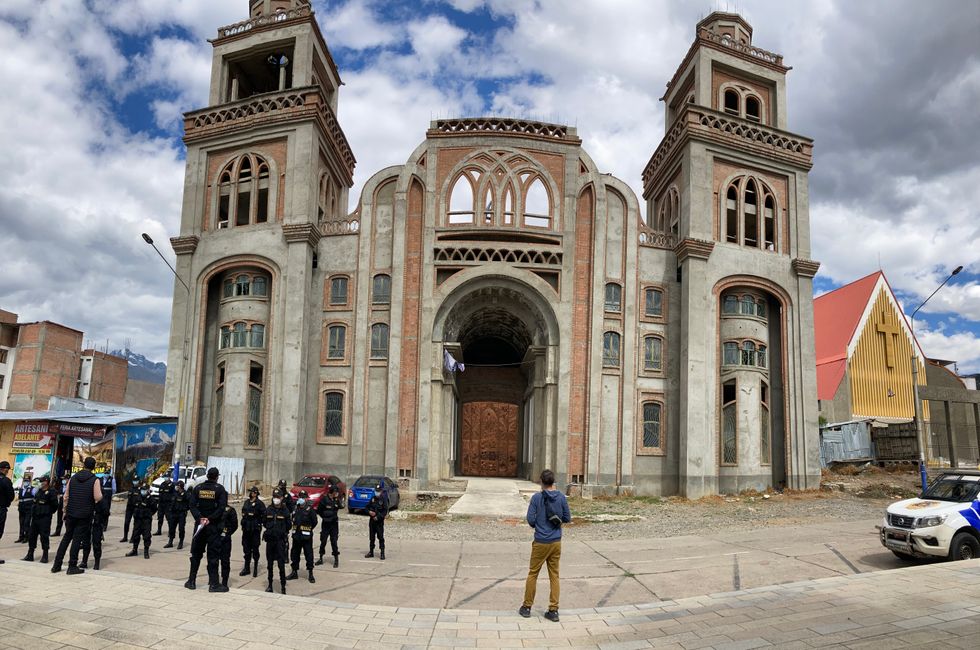
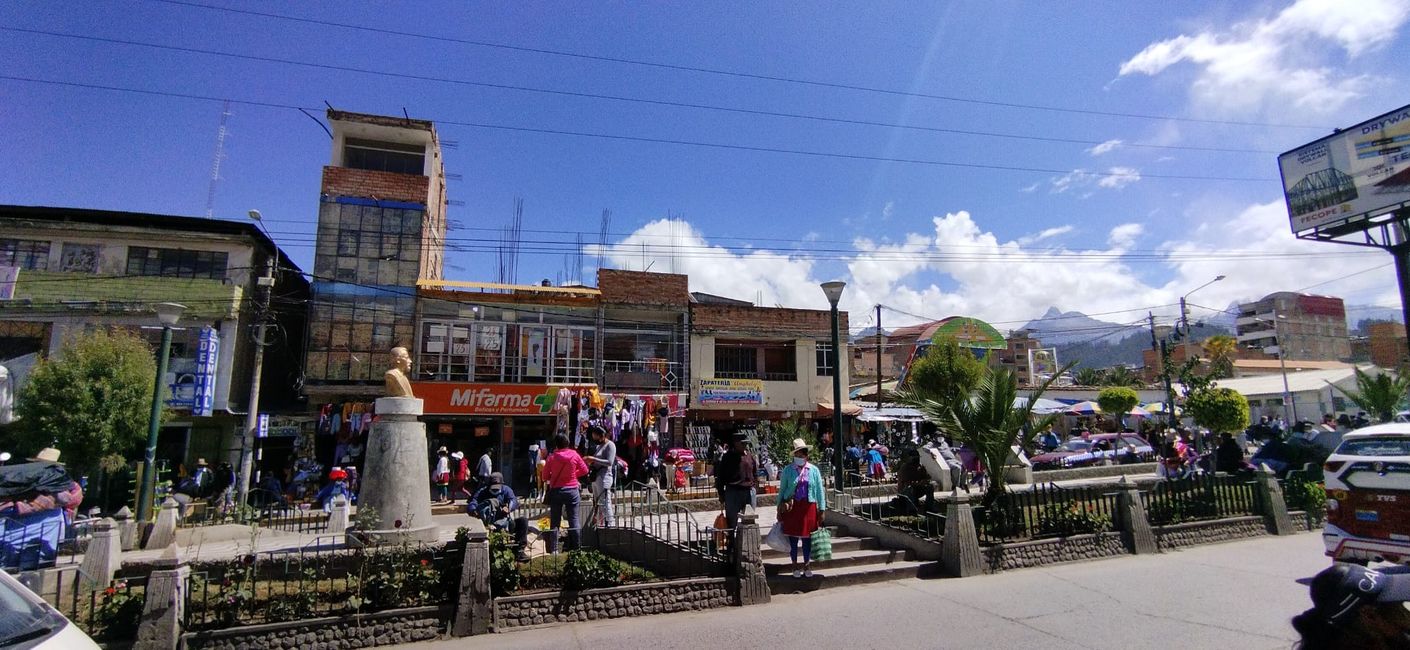
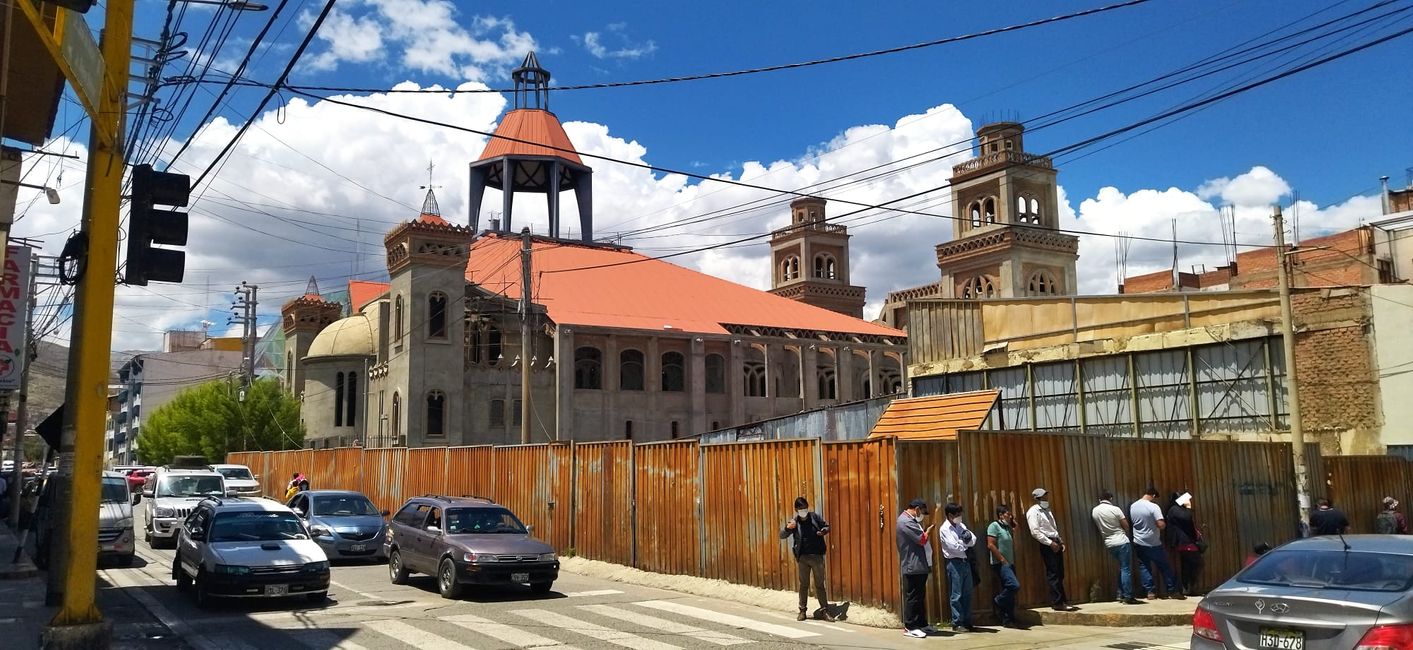
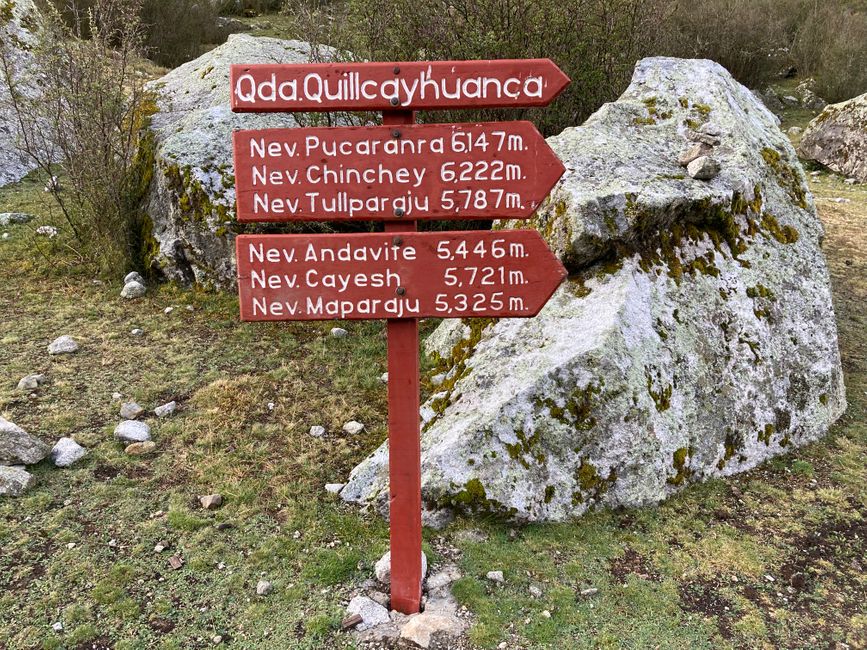
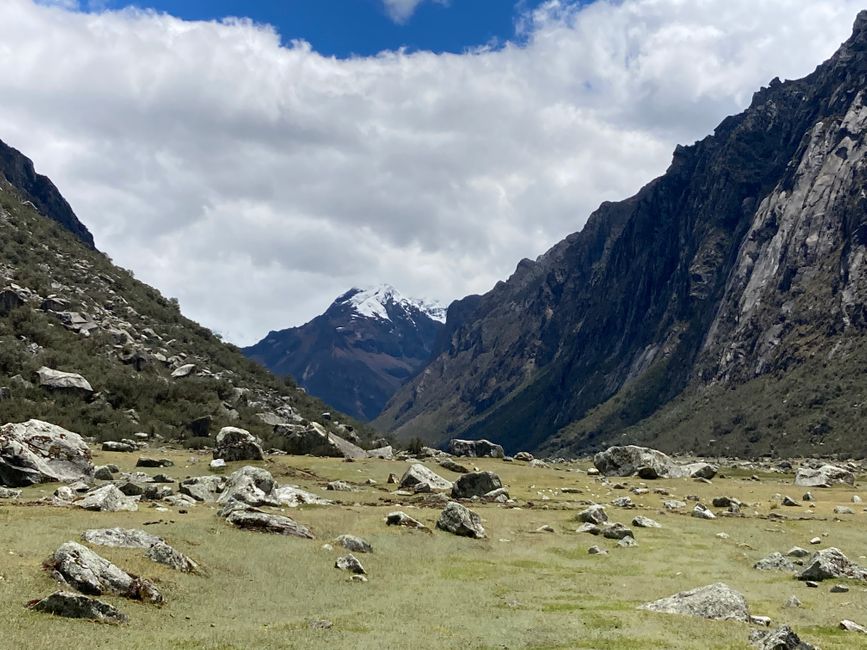
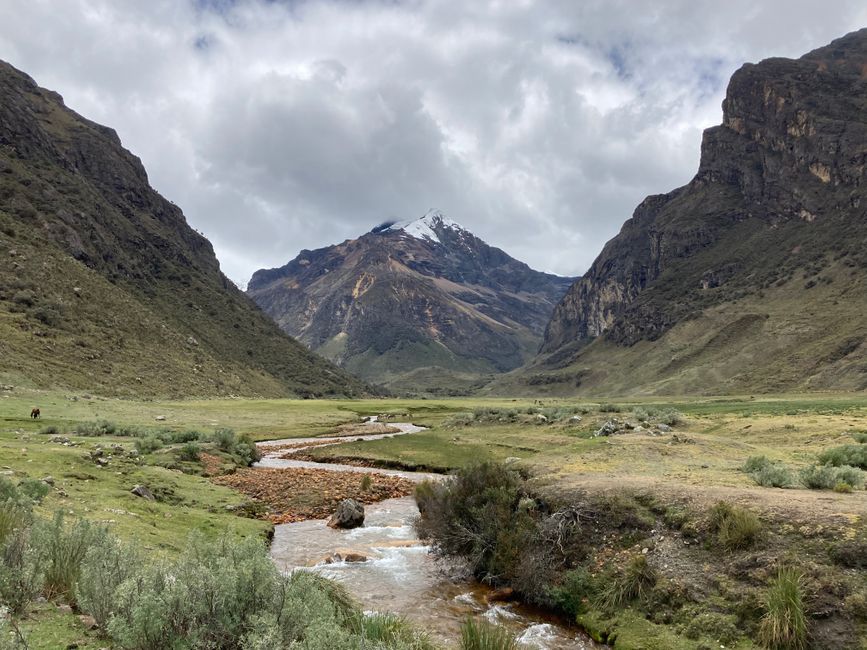
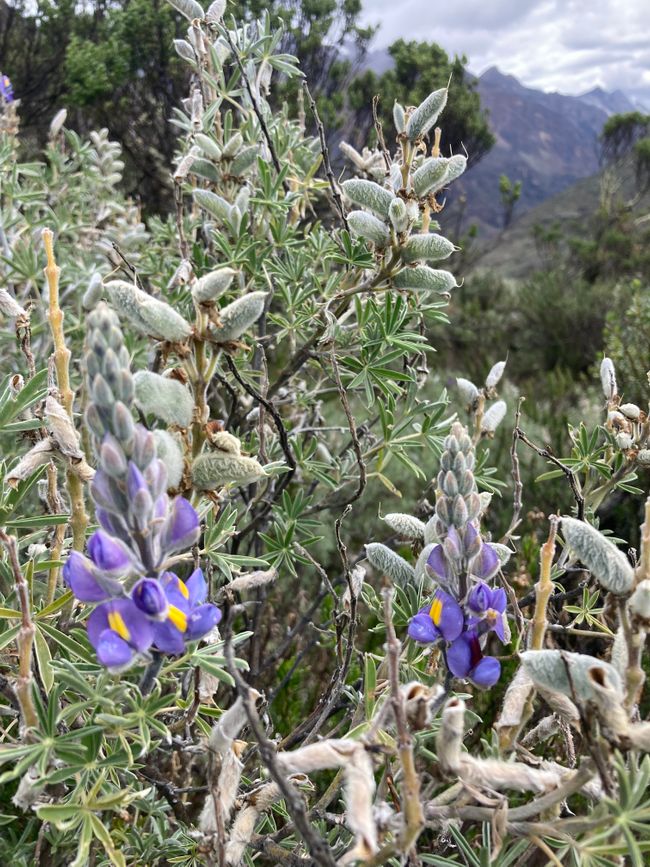
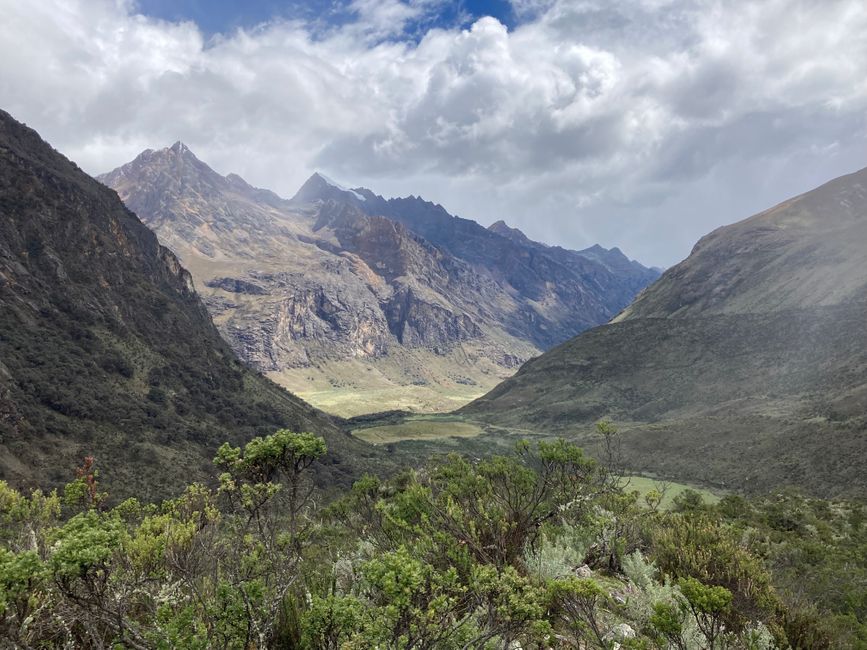
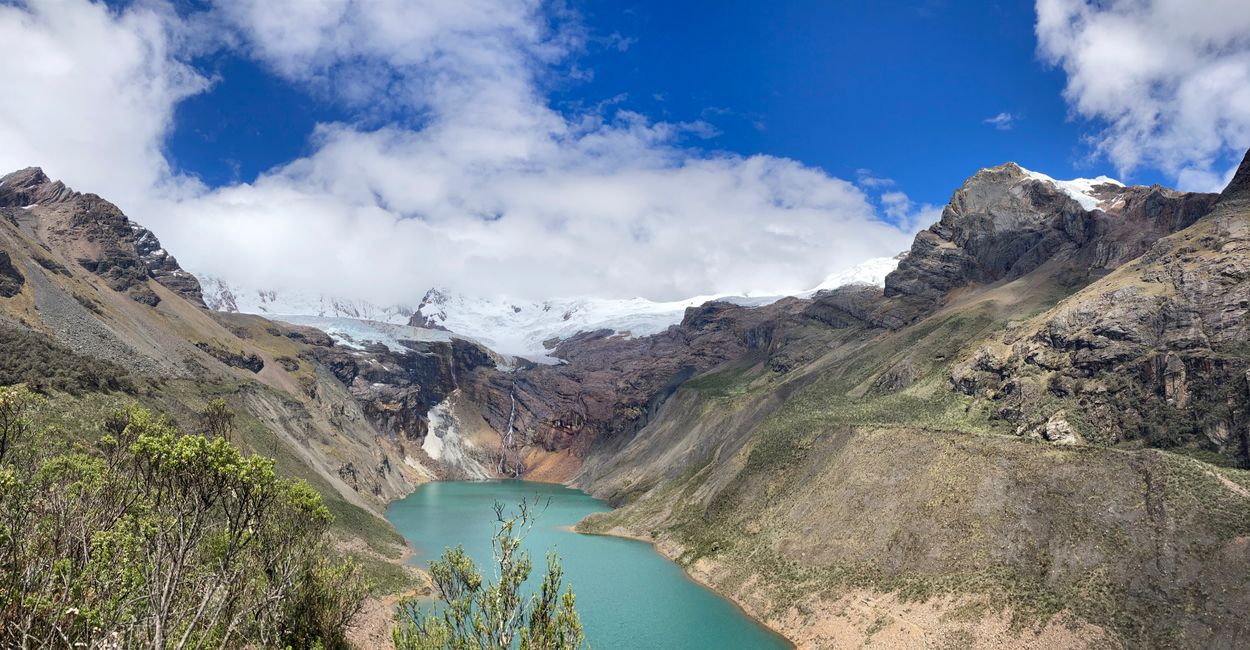
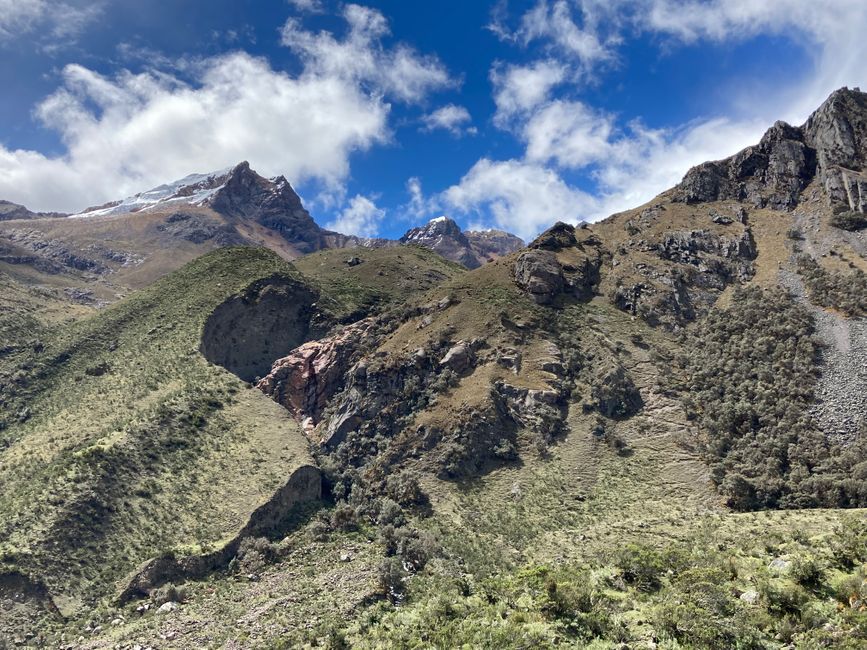
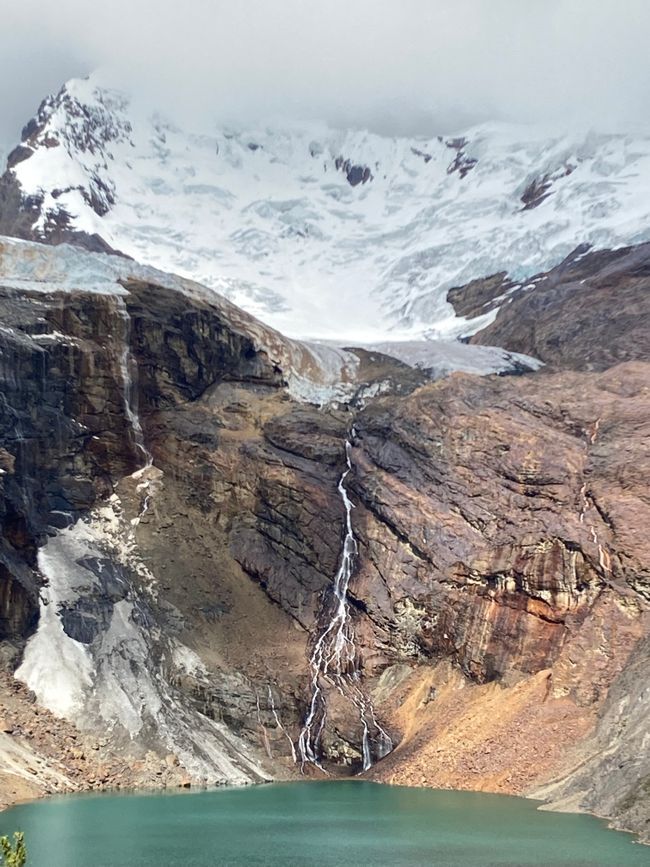
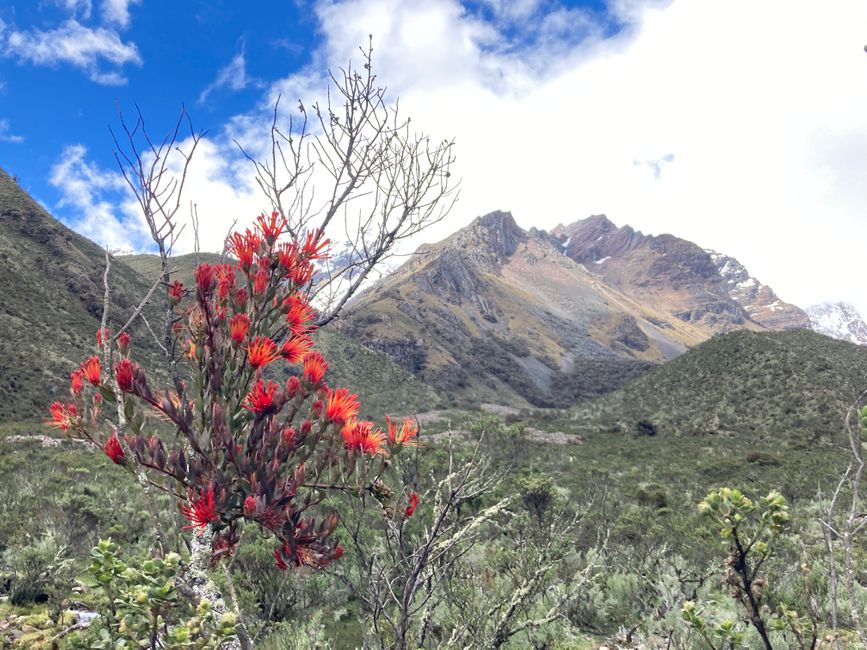
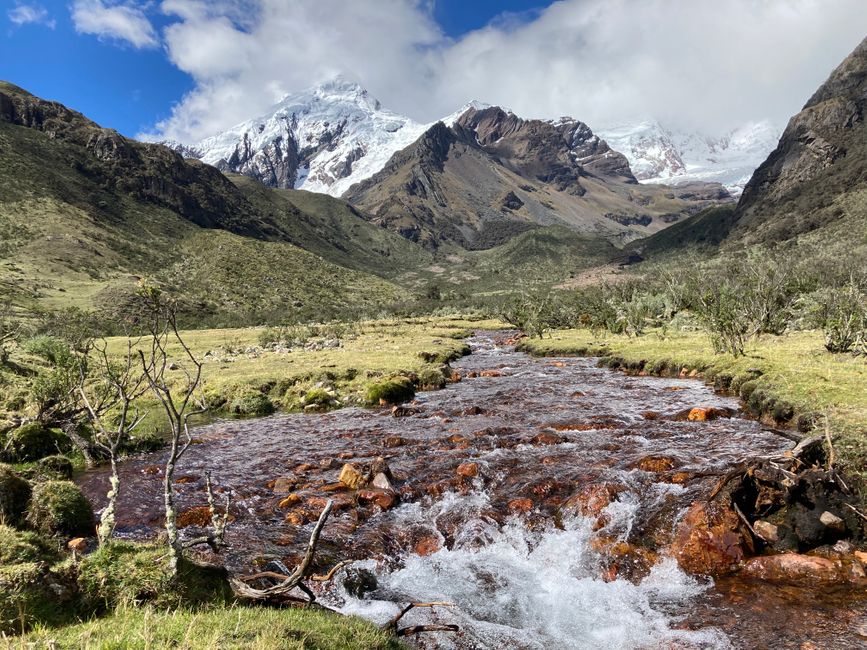
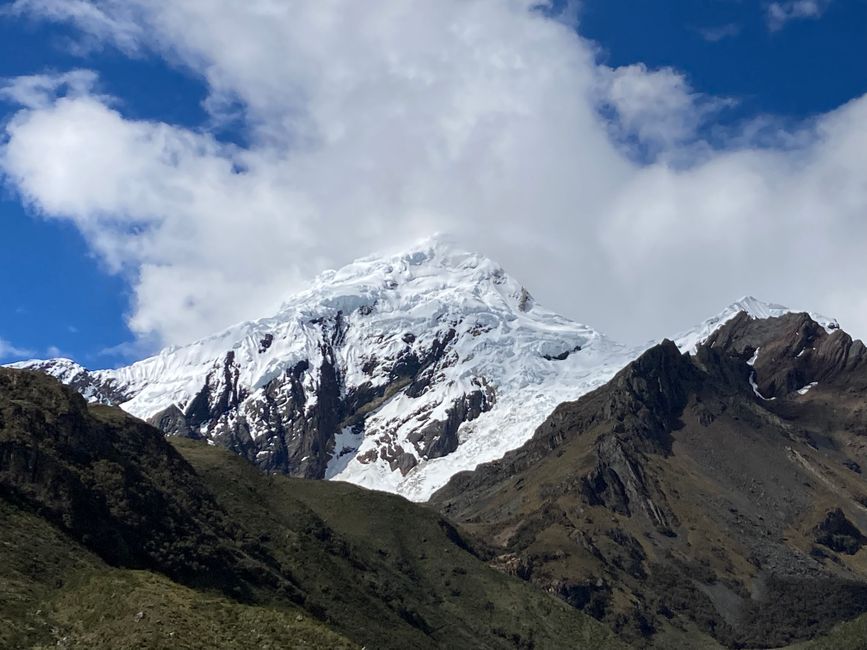
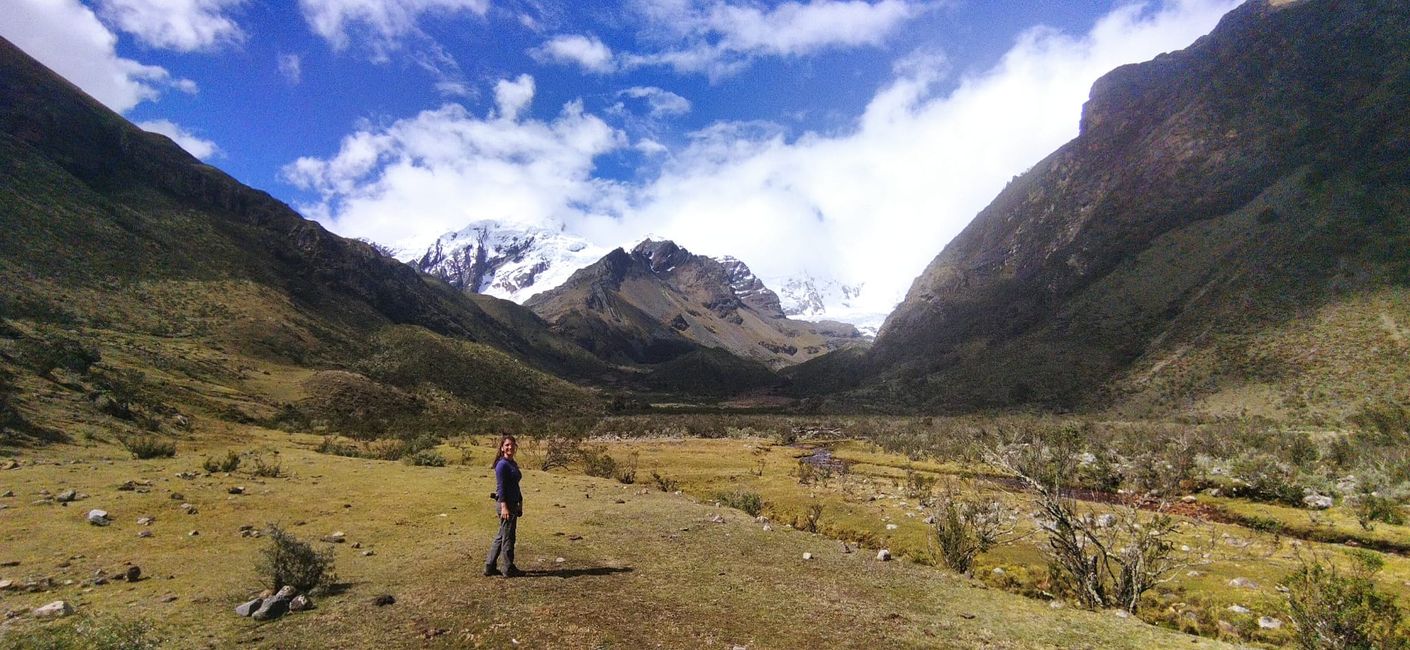
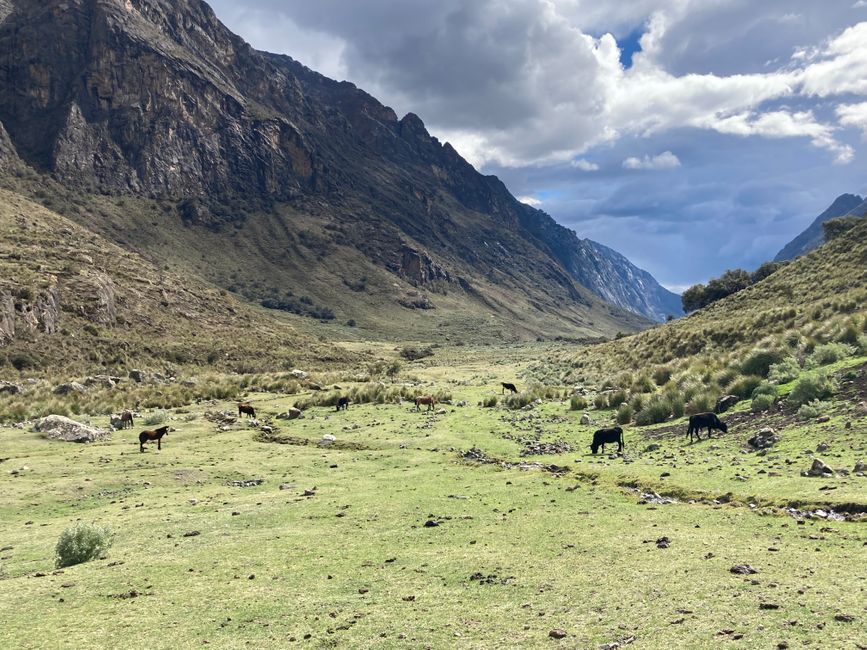
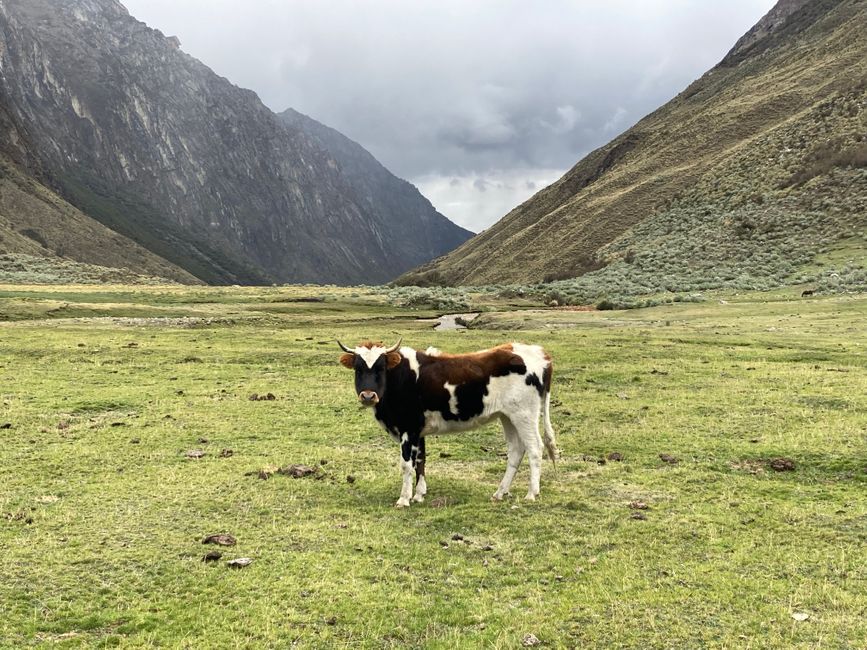
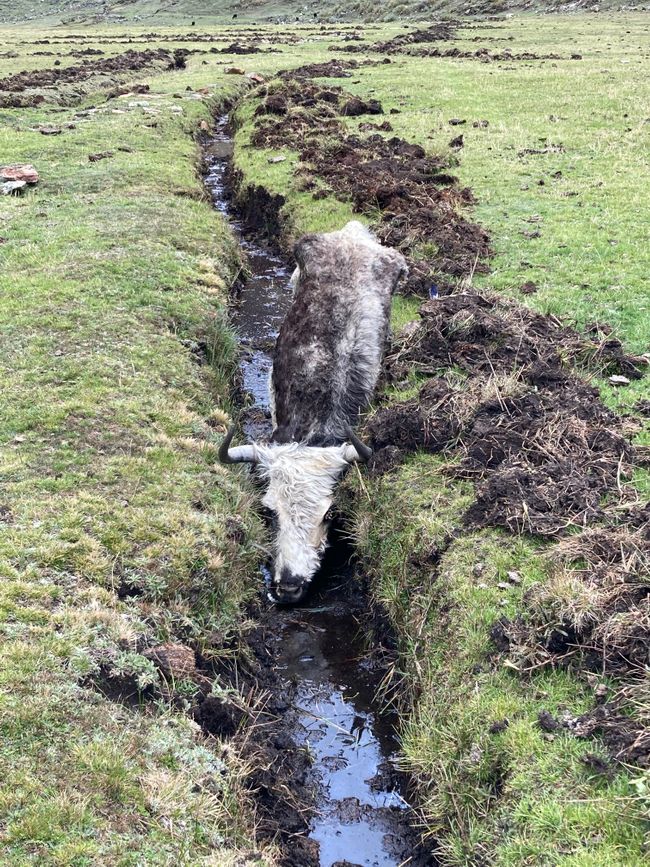
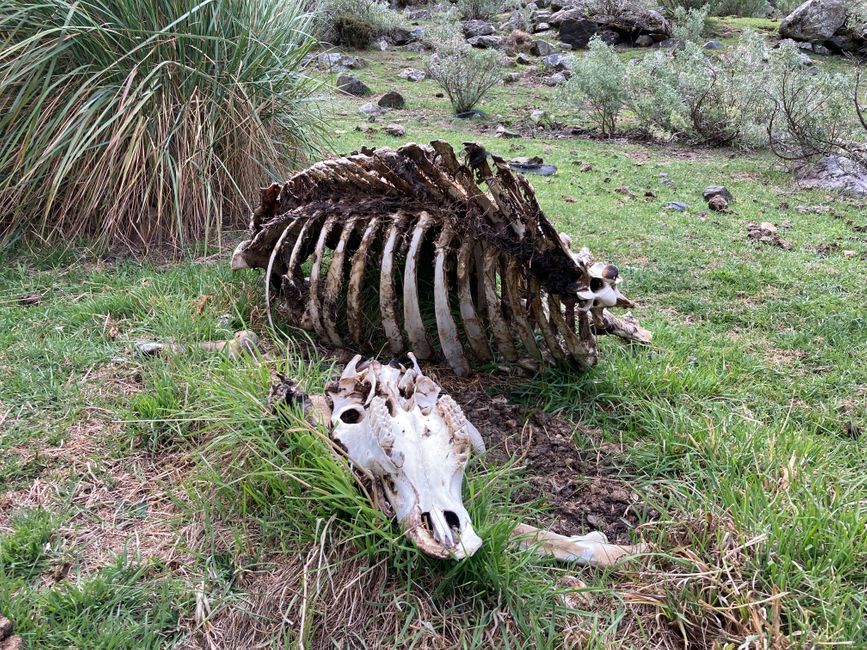
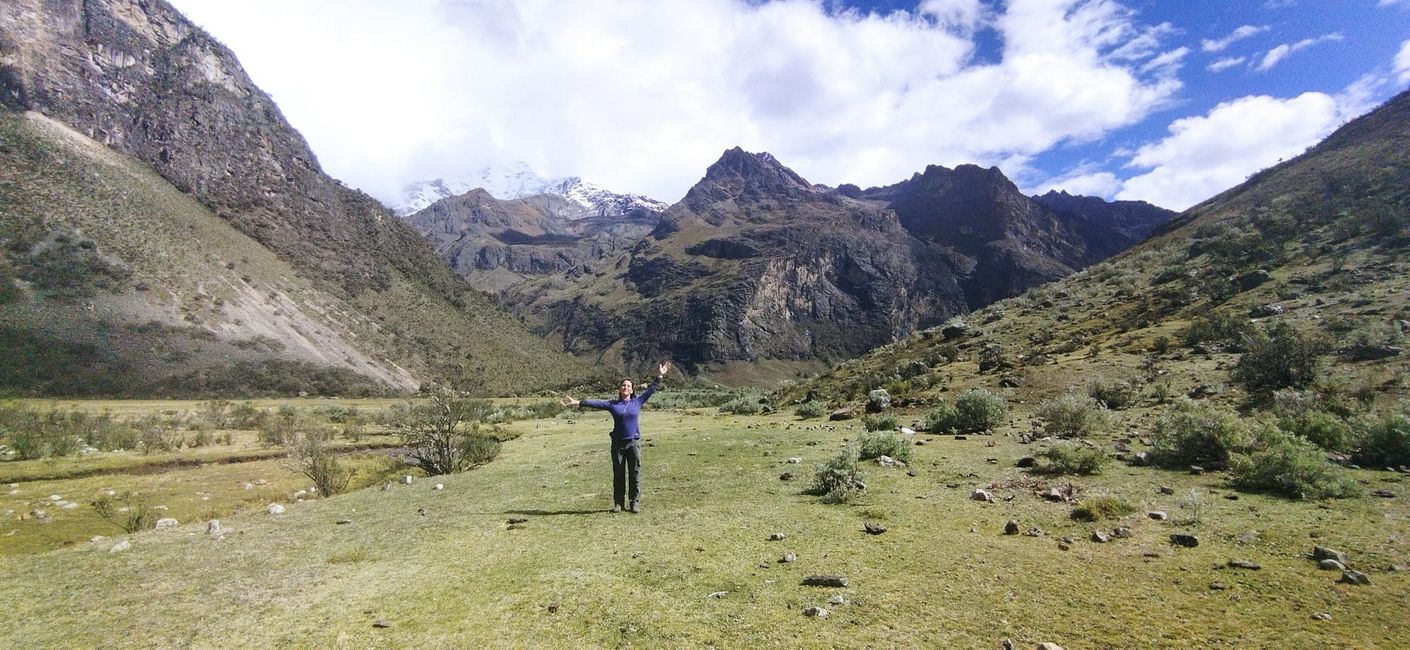
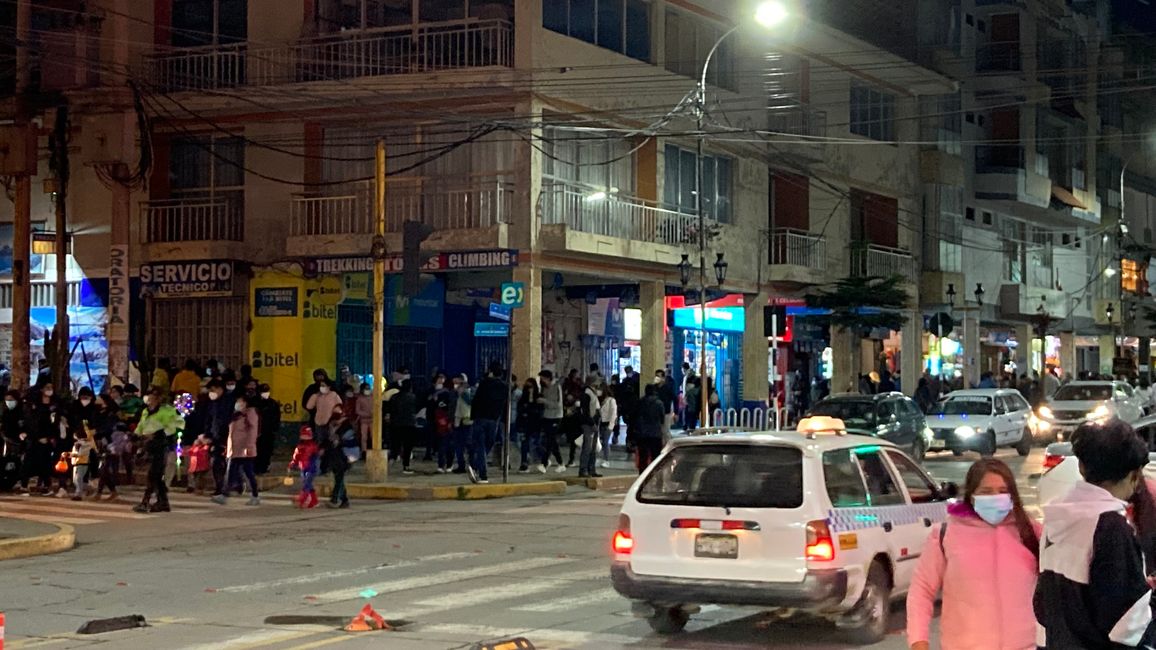
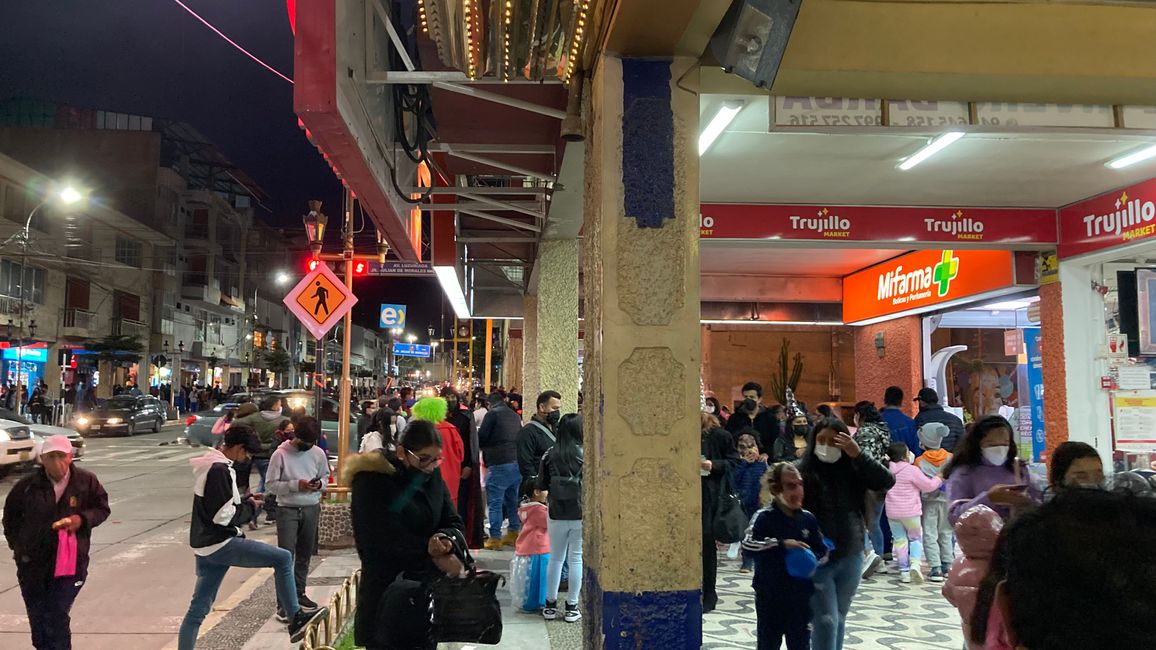
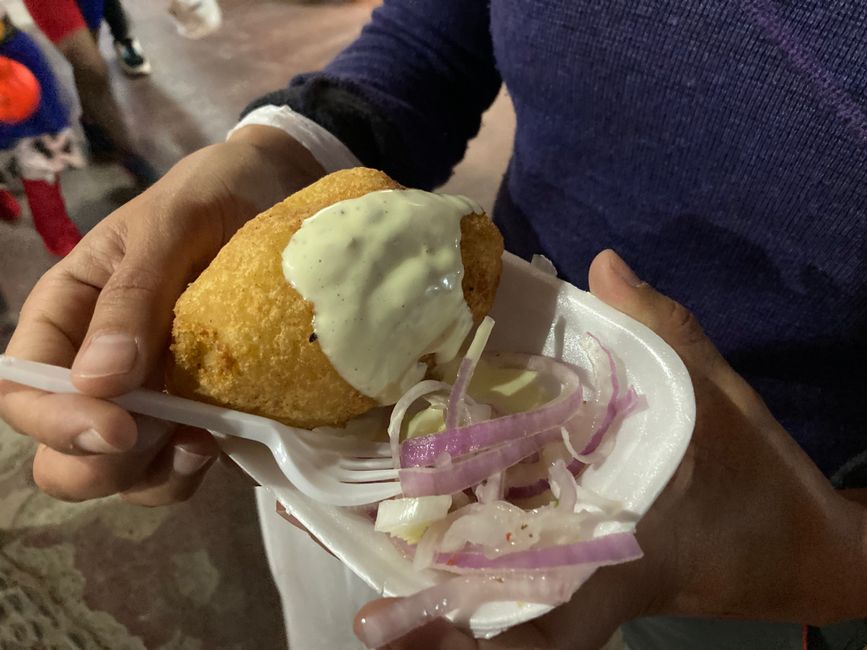
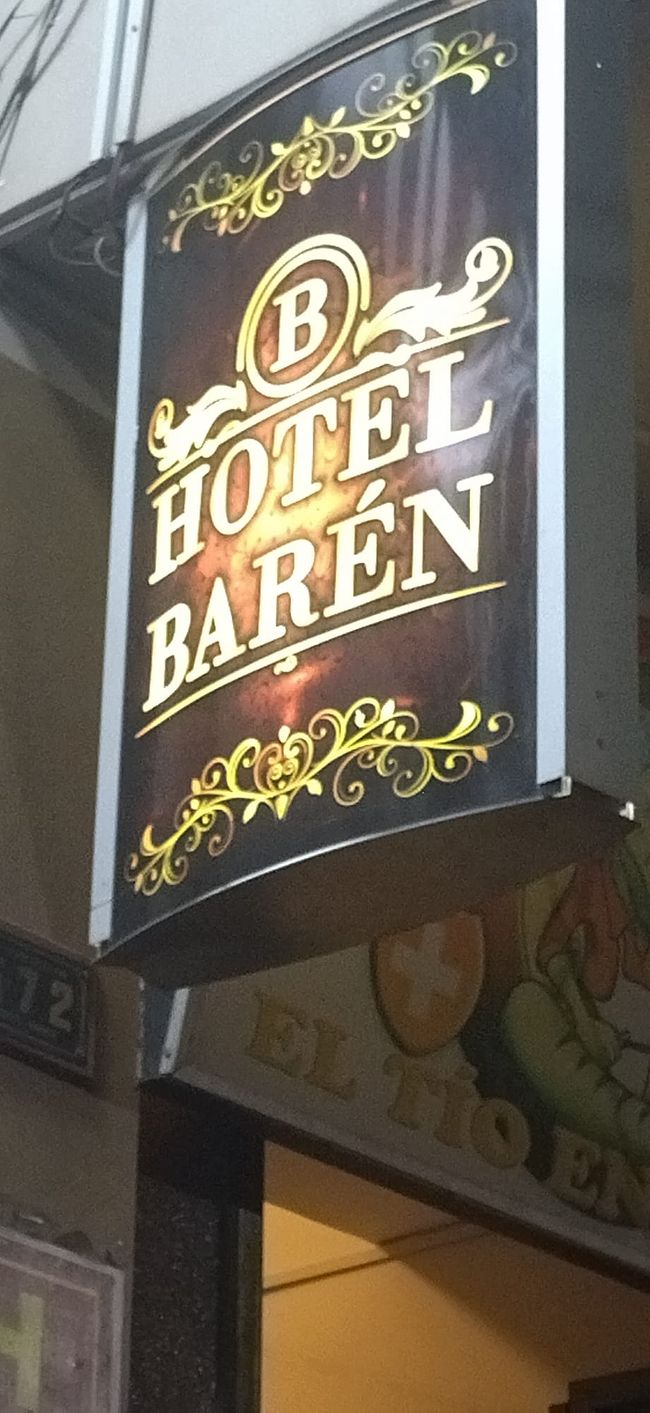
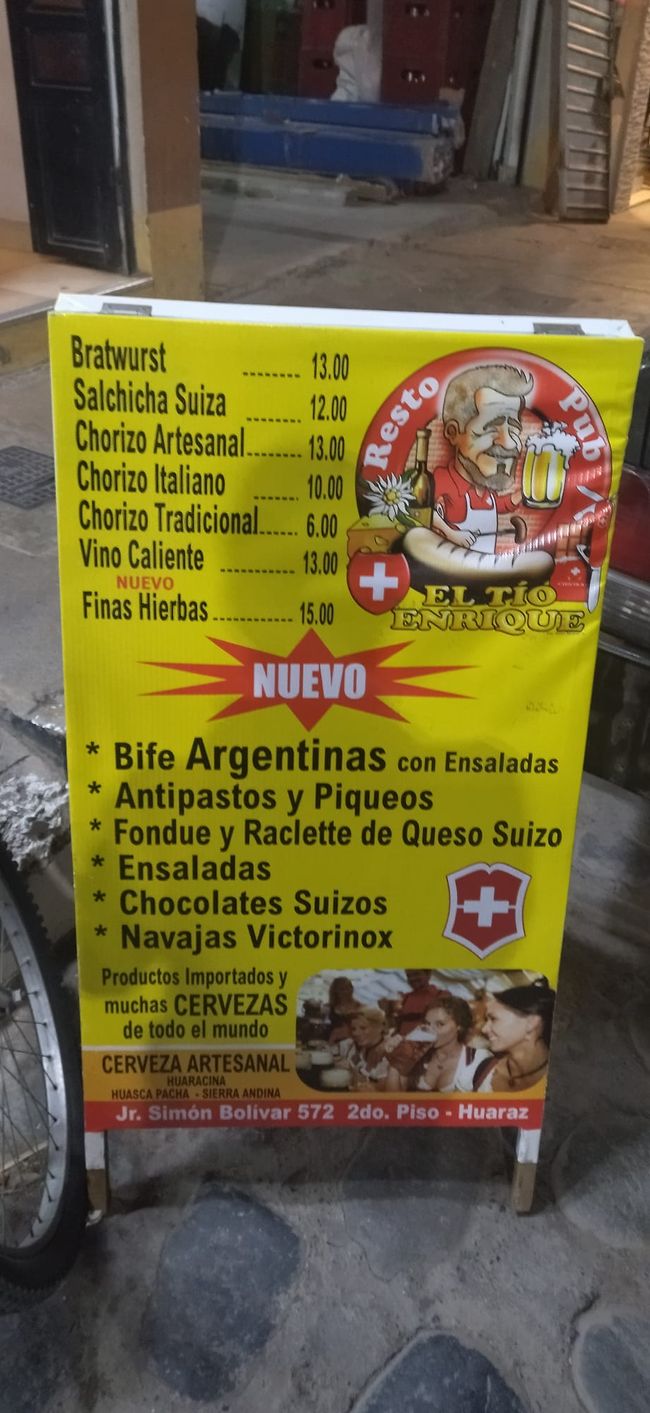
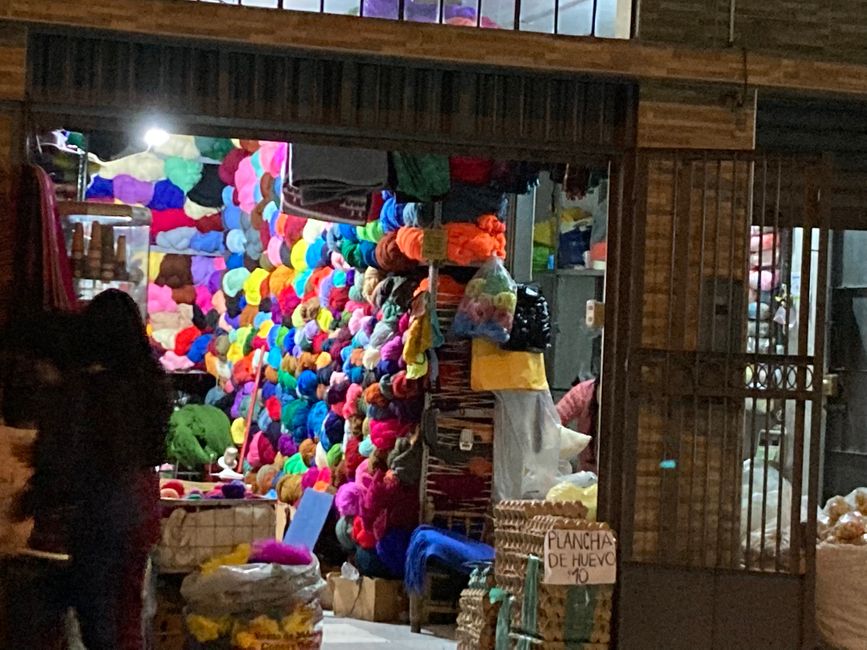
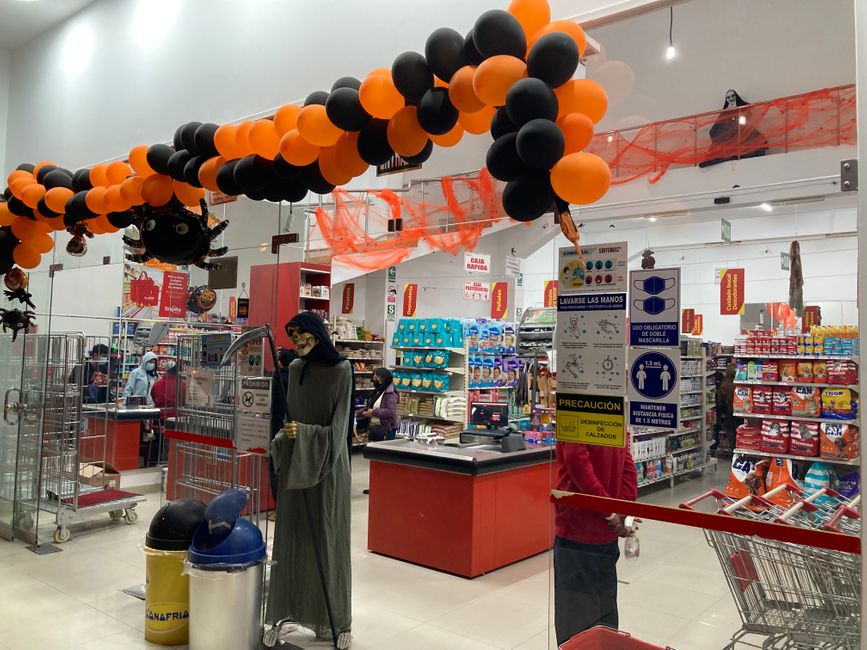
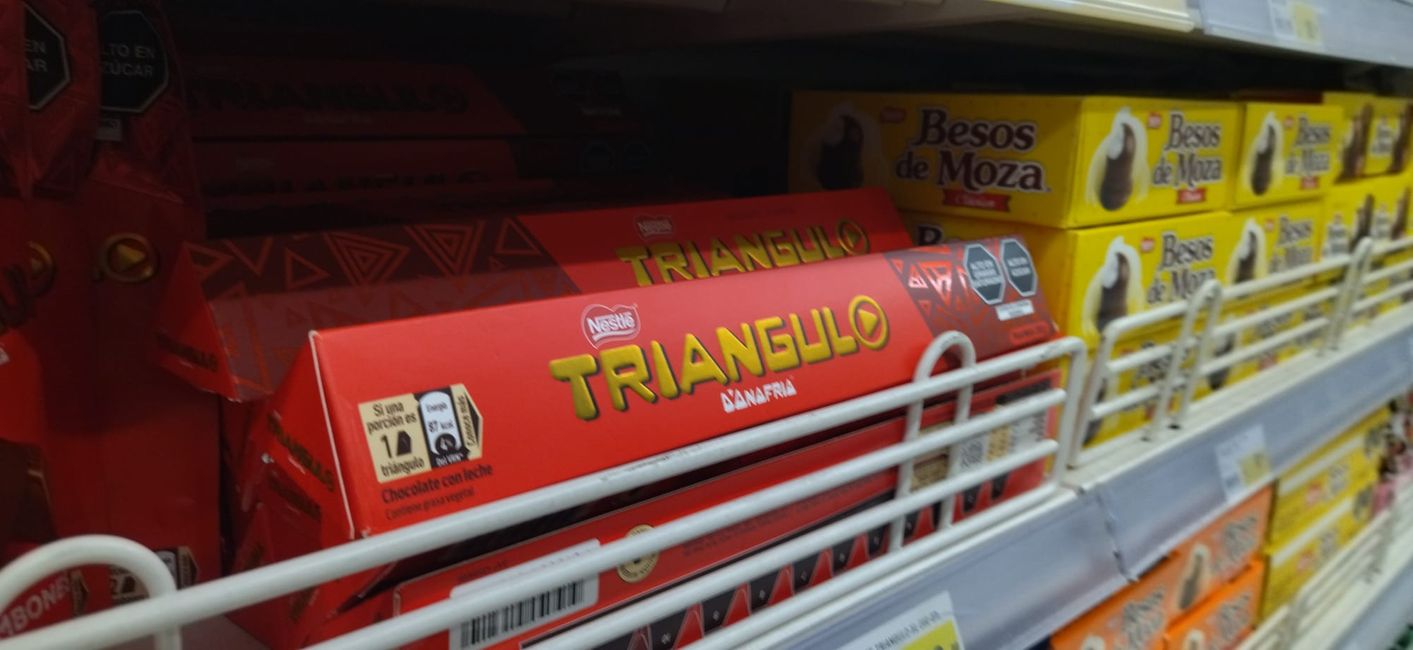
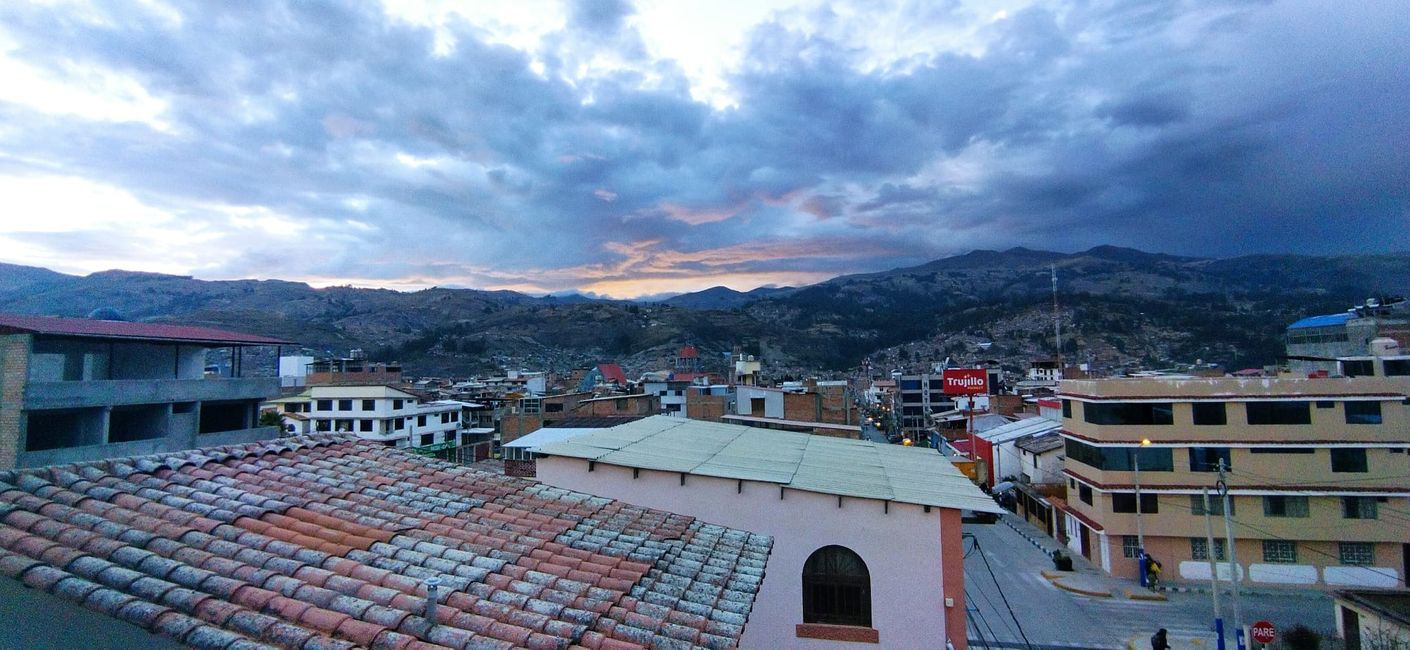
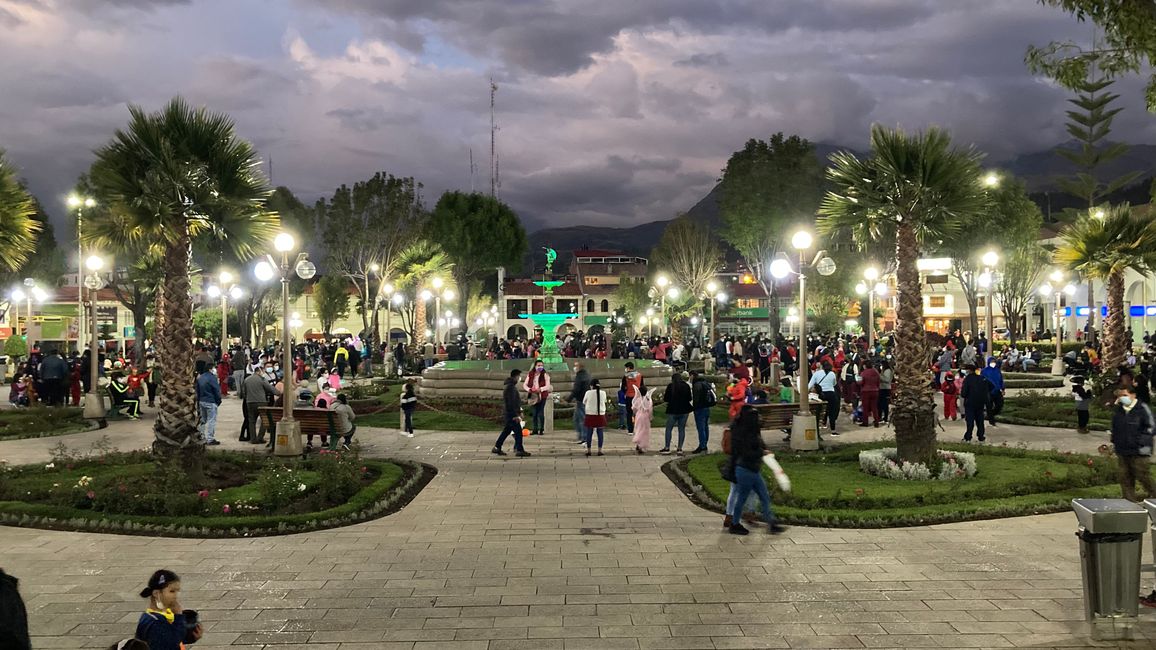
ለጋዜጣ ይመዝገቡ
28.10. At 6:00 a.m. our bus arrives in Huaraz. Rodolfo, our hiking tour guide, picks us up and we walk together to our hotel, which is located near the center. "El Jacal" is wonderfully rustic, winding, and run by a family. We check into our room and can finally catch our breath and settle in. At 9:00 a.m., Rodolfo returns and we discuss the next few days, the 4-day trek we want to do, and where we can rent additional equipment. Huaraz itself is already at an altitude of 3052 meters, our trek will take us to over 4750 meters and our sleeping bags won't be enough. Luckily, there is a good gear shop right in the center. Rodolfo also tells us that most Peruvians don't like to do long hikes and that the only mountain guide school in all of Peru is located here in Huaraz. It was originally founded by a Swiss person, which is why they still follow the Swiss system.
Since it is forecasted to rain in the next few days, we wait and start with day hikes to acclimatize to the altitude.
Rodolfo radiates a pleasant calmness and shows us the local market where you could buy a quarter of a cow besides whole chickens and pigs. Of course, you can also get everything else you need for life - the hall resembles a supermarket. It is bustling and busy, colorful and loud here in Huaraz - we already like it a lot!
Afterwards, Rodolfo says goodbye and we continue exploring the city on our own. We have breakfast at a small café for 8 francs, buy some water, and then go to sleep. We are both extremely tired after the last few days with little sleep in uncomfortable positions.
After our nap, we start thinking about the rest of our journey. Since each country has its own Covid and quarantine rules, we have to spend a lot of time figuring them out. Bolivia, Chile, and Argentina do allow entry by airplane within reasonable timeframes, but the requirements for Chile are very demanding and diverse. And as mentioned, it is only possible to enter by plane, crossing the national borders by car is not allowed, which ruins our plans to go hiking in Patagonia. So, we make plans and consider how to continue our journey in Peru.
For now, we enjoy being here and experiencing the uniqueness of this country. The other countries are already far away... ;)
29.10. We have breakfast on the hotel terrace with a great view of Huascaran, the highest mountain in the Cordillera Blanca at an impressive 6700 meters. Then we go back to the market where our collectivo, a small taxi bus, number 10, departs. For two soles, we ride to Puente Santa Cruz to hike to Laguna Willcacocha. The 500+ meters of ascent at 3000 meters altitude are not easy. We walk on footpaths through a small farming village with a school, up to a viewpoint where we can see the southern mountain range. Even the clouds cooperate and we can see almost all the mountains in front of us. A great sight. Dogs bark at us and donkeys let us pet them. Apart from getting a sunburn, the excursion is a complete success. The collectivo takes us back to the city and we spend the rest of the afternoon at the hotel. Amelia finds a "gourmet restaurant" not far from us where we have dinner. It is run by a young man who has trained in several restaurants in Lima. He only cooks seasonal and regional dishes and knows how to beautifully arrange the plates. As we later realize, he is not even that expensive compared to other restaurants. Of course, you can also eat for 8 soles (2 francs) in Huaraz, but when you can get a main course in a restaurant with around 13 Gault Millau points for about 6 francs, it is clear where to eat.
30.10. Today we want to hike to Laguna Racujolta. We ask Rodolfo via WhatsApp how much the taxi service costs. With a round trip of 2x3 hours and 6 hours of waiting (yes, the taxi drivers wait until you return from the hike!), it would cost about 55 francs. We stop a taxi driven by an unemployed mountain guide by chance. He explains that the drive would take three hours as described above because the road is so bad. He himself cannot ride up there with his vehicle anyway. We tap into his knowledge and ask if he could drive us to another place. He suggests another lagoon where the road is better and the drive only takes an hour. However, the hike is about 22 km long. As a comparison, you could consider the distance from Interlaken to Kleine Scheidegg. We agree and head up into the mountains at 3900 meters. There is no one at the national park entrance and we enter the high valley without paying an entrance fee. The plain stretches out extensively and we encounter many cows, horses, and donkeys that are allowed to graze there for free. The last vertical meters up to the moraine above the lagoon at 4400 meters are quite strenuous, and we are a bit short of breath...We are amazed by the untouched nature, all alone. Even the intermittent rain does not dampen our spirits. There are windows in the clouds that give us a view of the 5000 and 6000-meter peaks. Abel, our taxi driver, meets us after 5 hours, he must have been bored while waiting. We have our first longer conversations in Spanish in Peru and we safely arrive in Huaraz (130,000 inhabitants) after the descent. On the way, we drive through Rodolfo's village, where Abel points out our mountain guide's parents to us from the car window. Funny coincidences. We naturally have dinner again at Jama, the best restaurant in town. There are still more appetizers and main courses to try ;)
31.10. There are more guests at the hotel today because the weekend coincides with Halloween, Todos los Santos, and Dia de las Muertos, several holidays. We spend almost the whole day planning our next 5 weeks. Especially continuing our journey in Peru takes time. After 8 hours of effort with a short break for grilled beef hearts (Anticuchos), we have organized 5 bus trips, 4 hotels, 4 flights, 2 rental cars, a jungle trek, and the schedule for the next 4 months. Phew, now it's time to get some fresh air. The city is full of life and all the open stores give sweets to the mostly disguised children. We try Picarones, something like apple fritters without apple, but with honey, and Papas Rellenas, something like filled potato cakes with sauce. The city is wild and colorful. However, we cannot find the music we expected (there was advertising on TV for music performances). Later we learn that Halloween coincides with Dia de la canzon creolla, but it is not celebrated with live bands. It is only a bigger event in Lima. Too bad - hearing Peruvian music live and up close would have brought us joy.
ለጋዜጣ ይመዝገቡ
መልስ
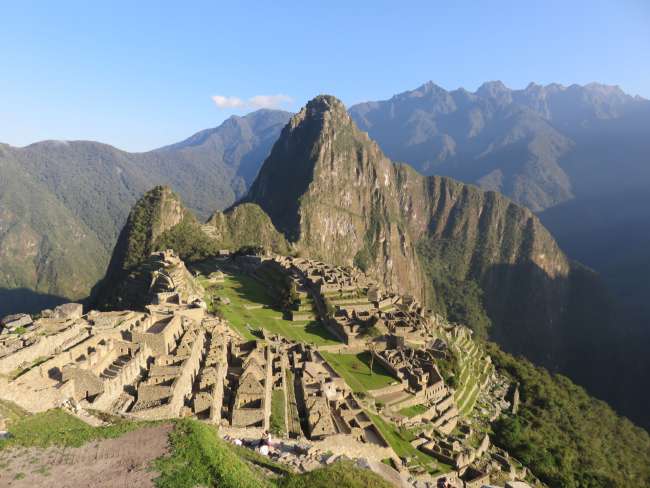
የጉዞ ሪፖርቶች ፔሩ
